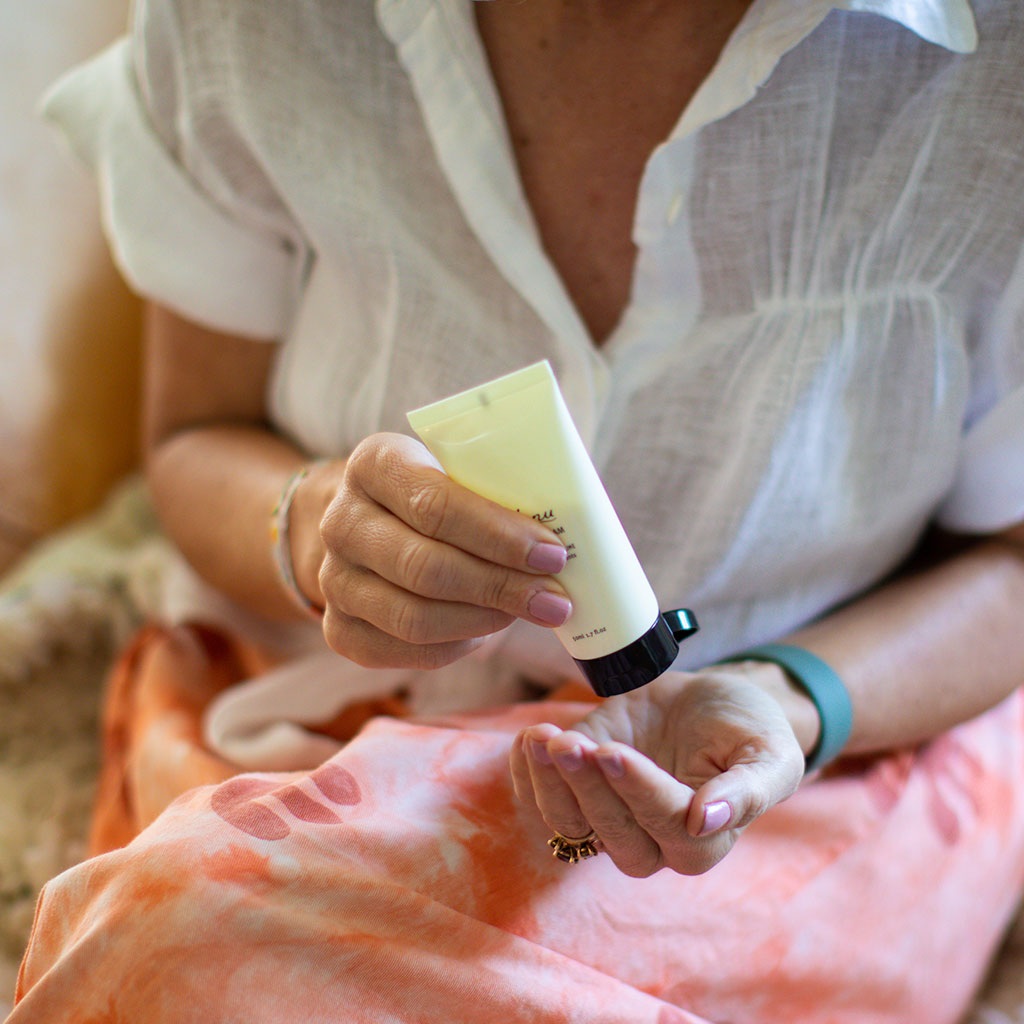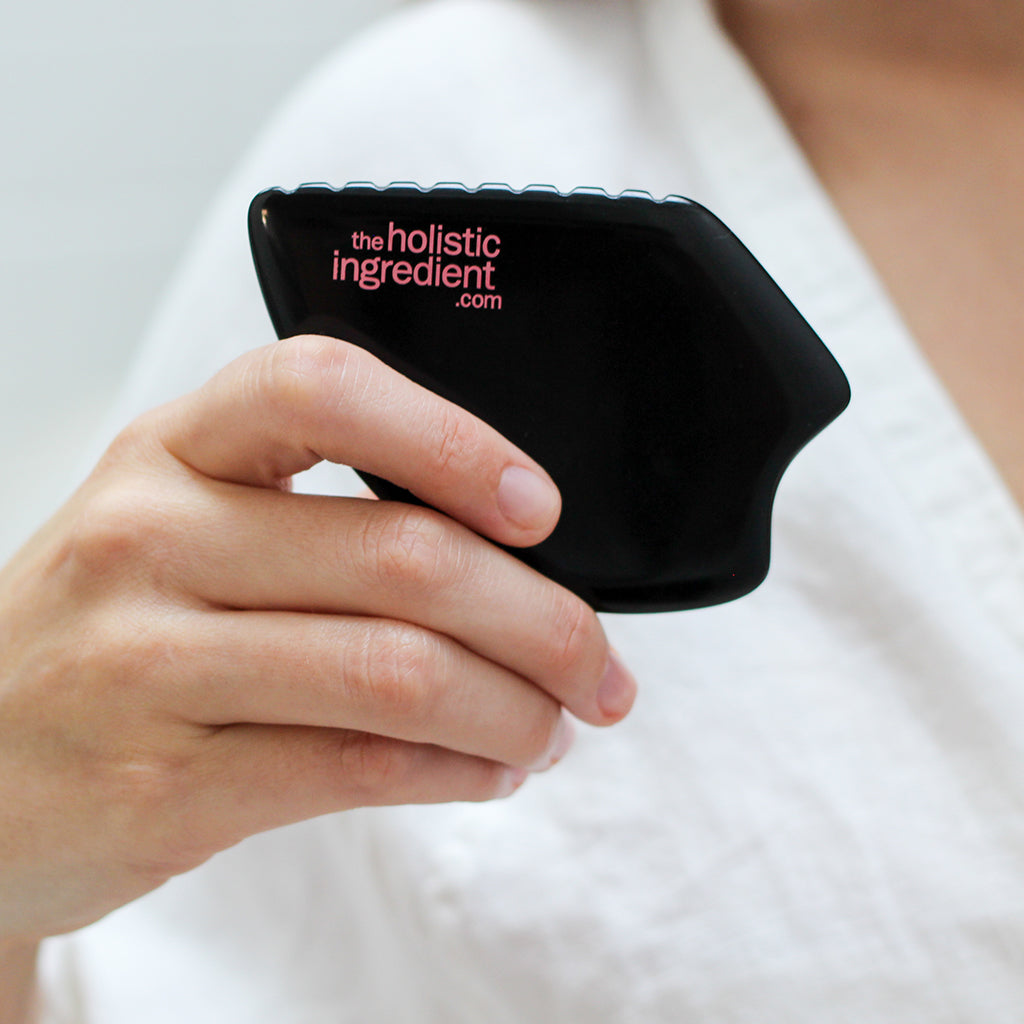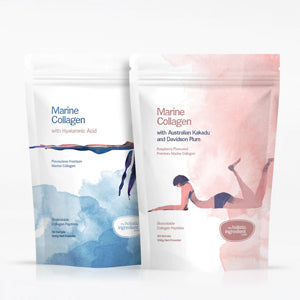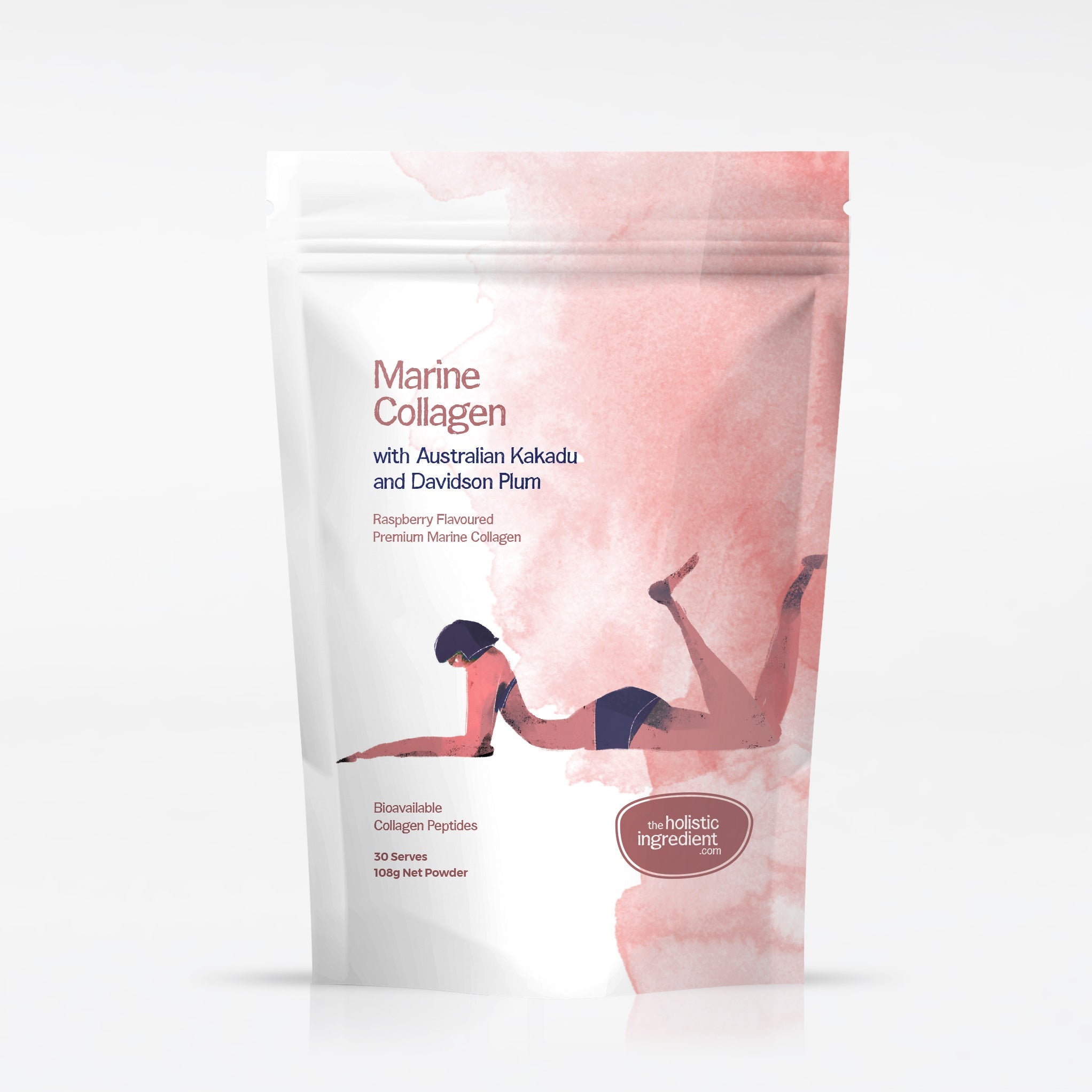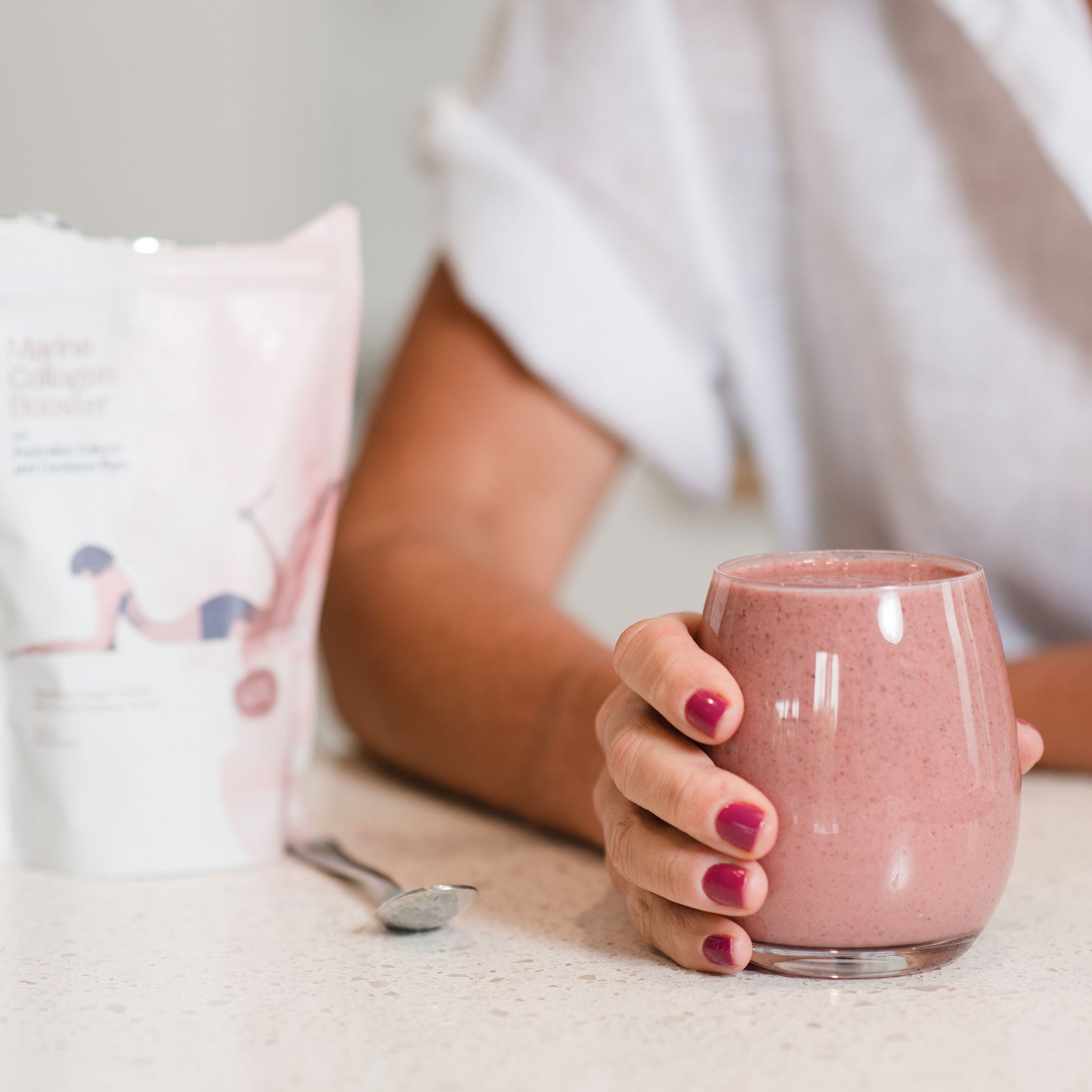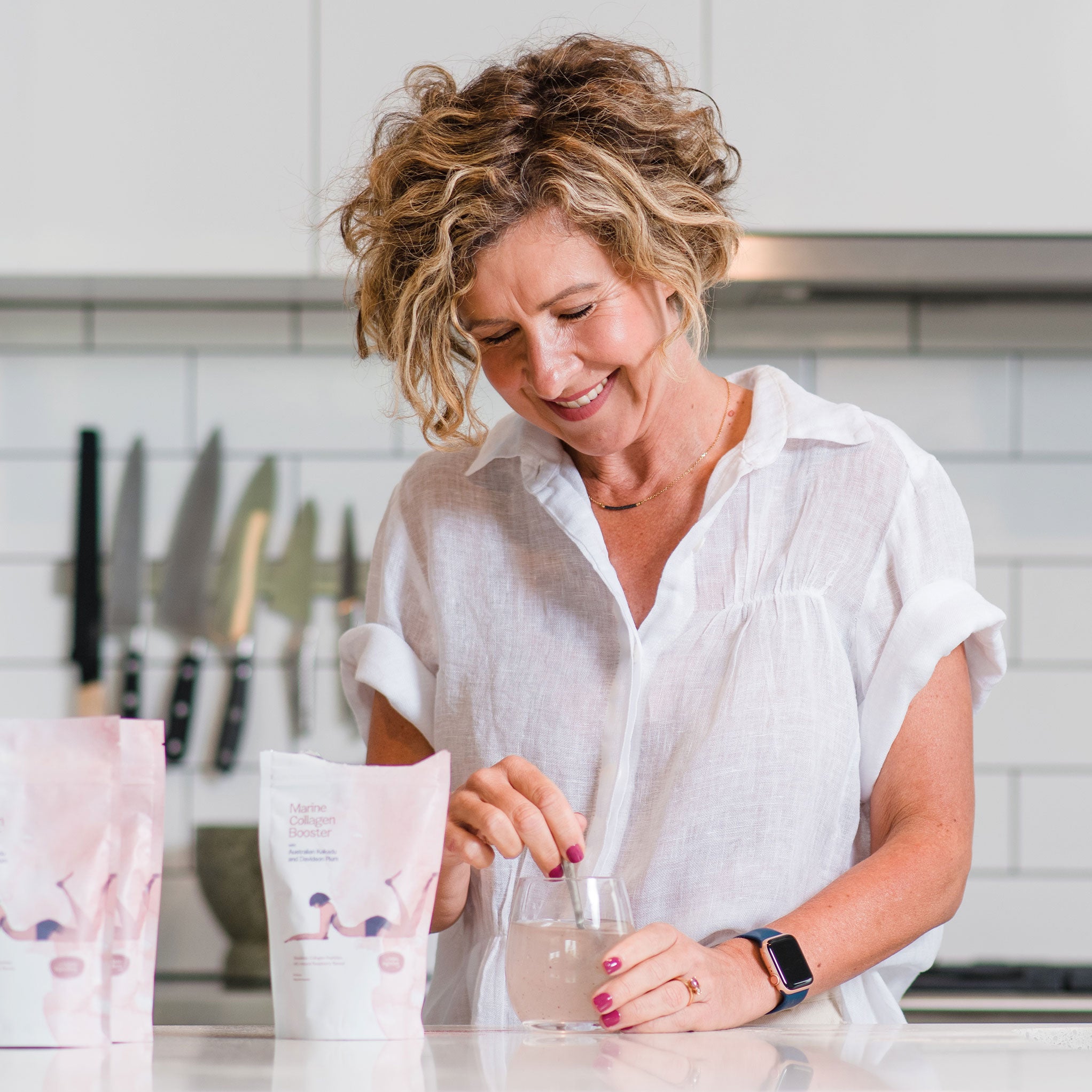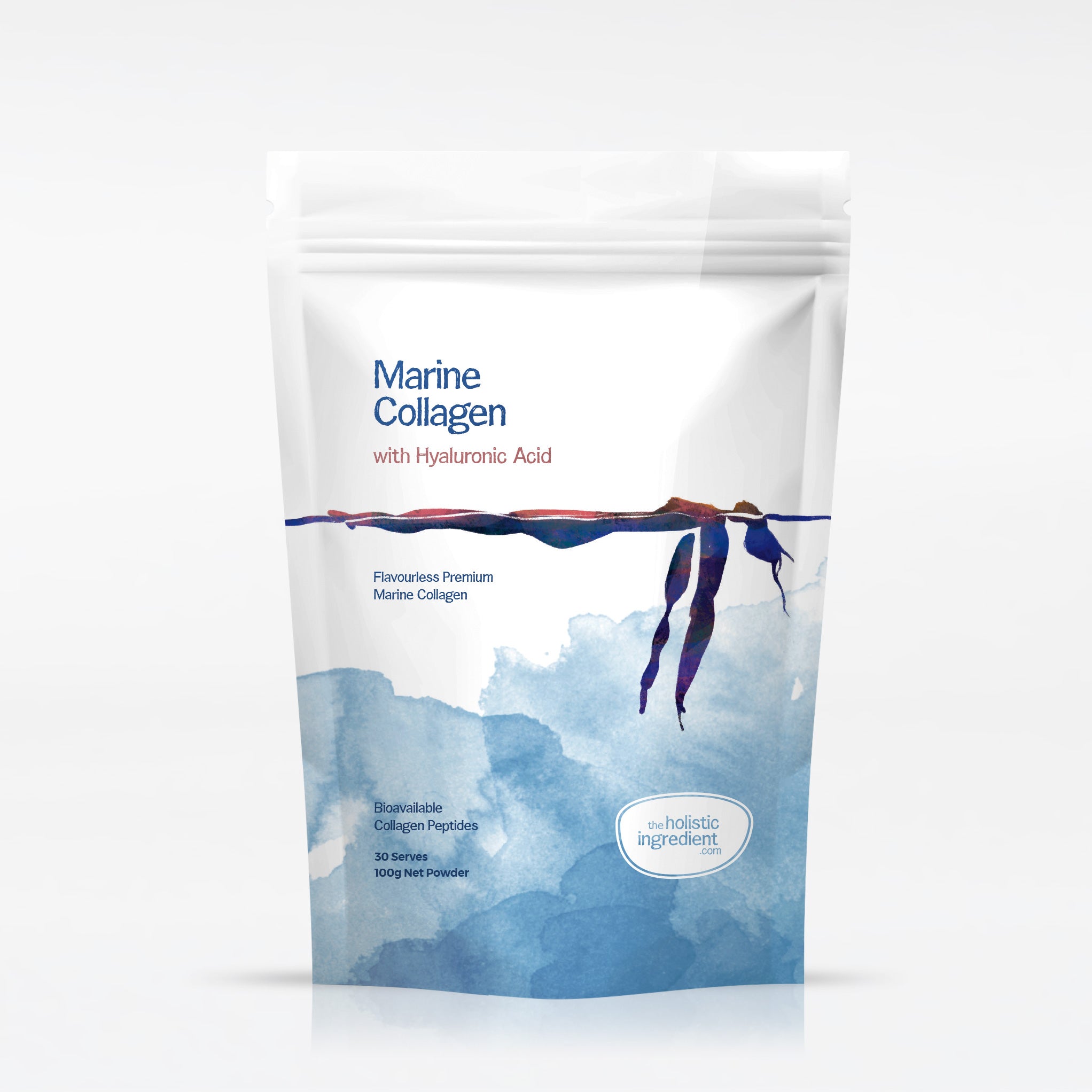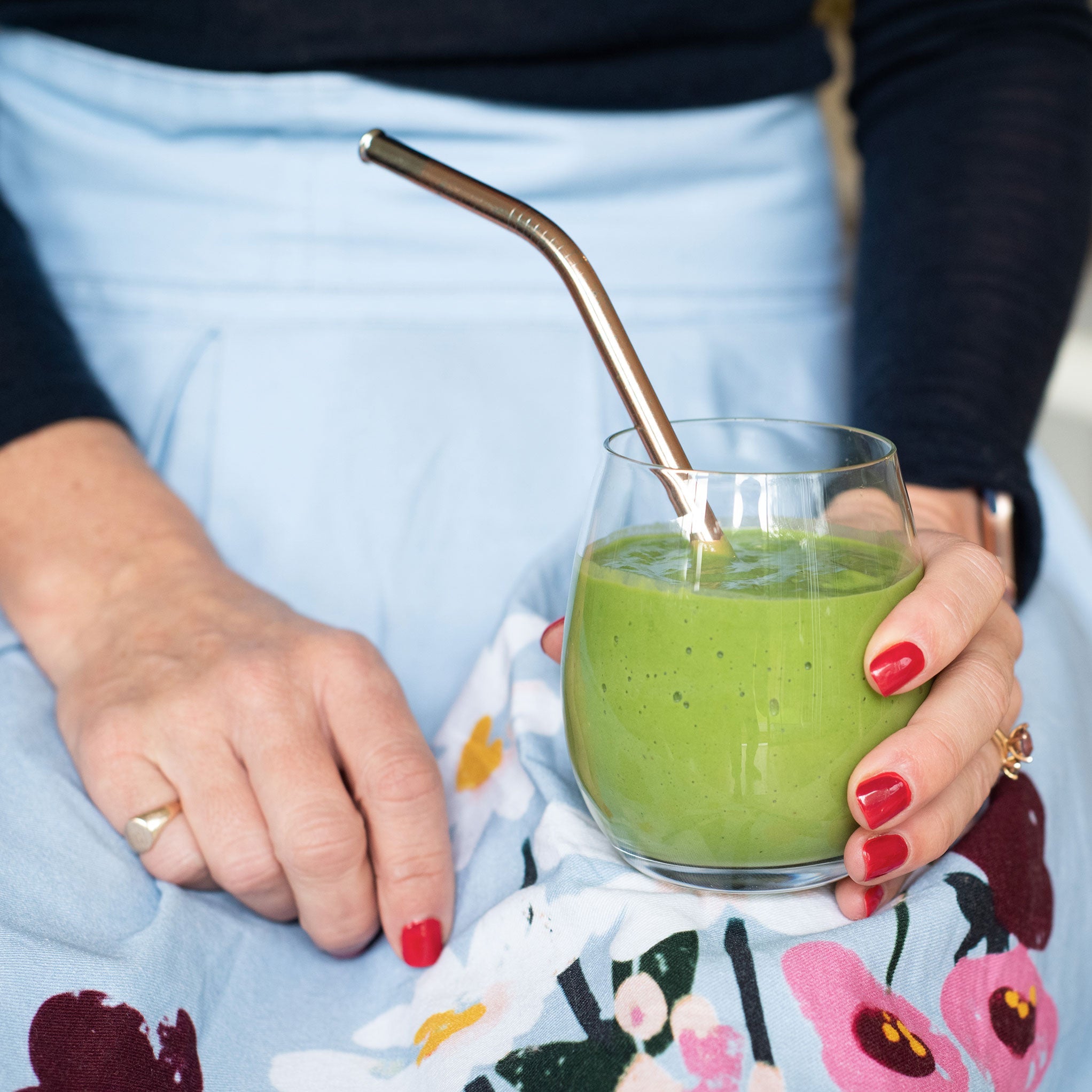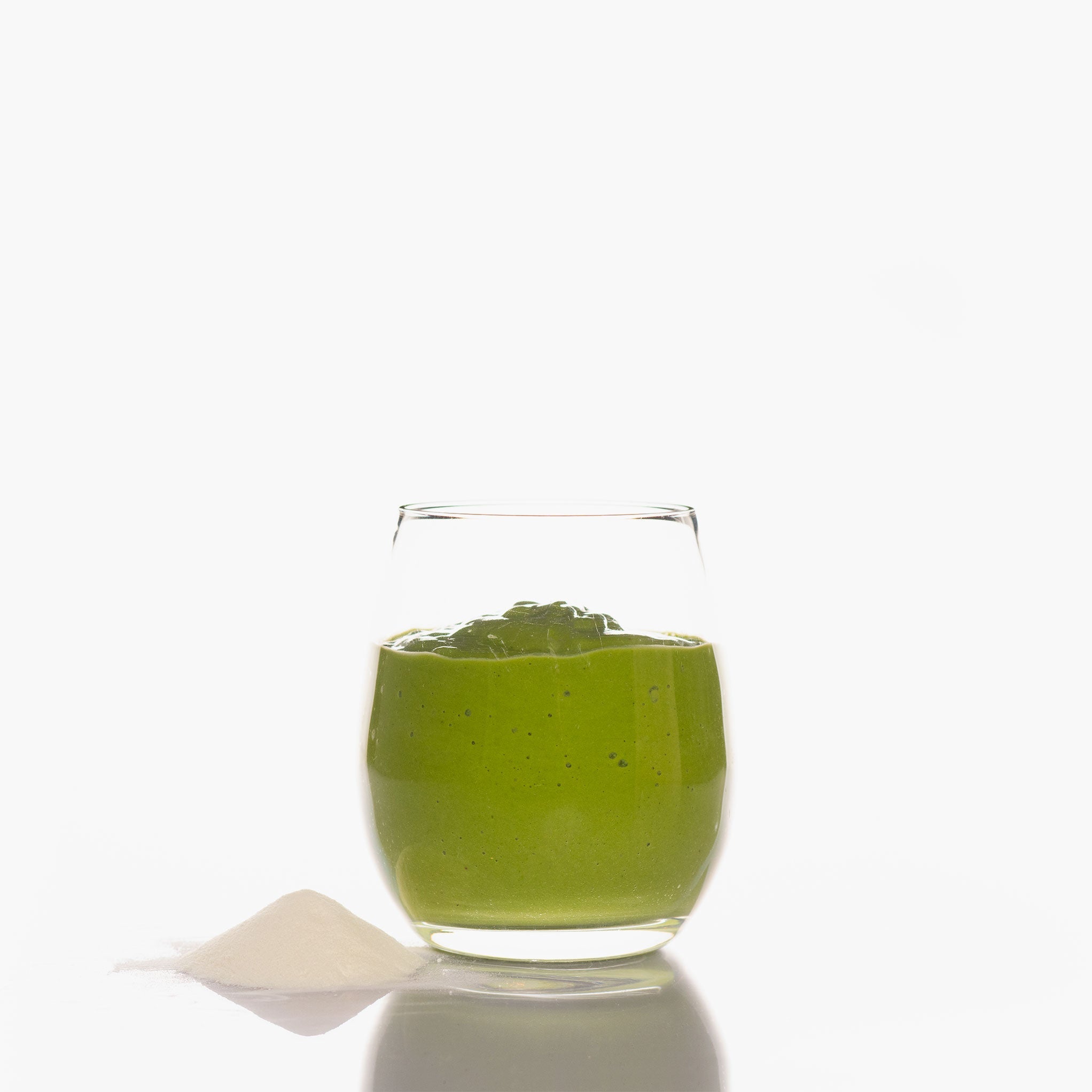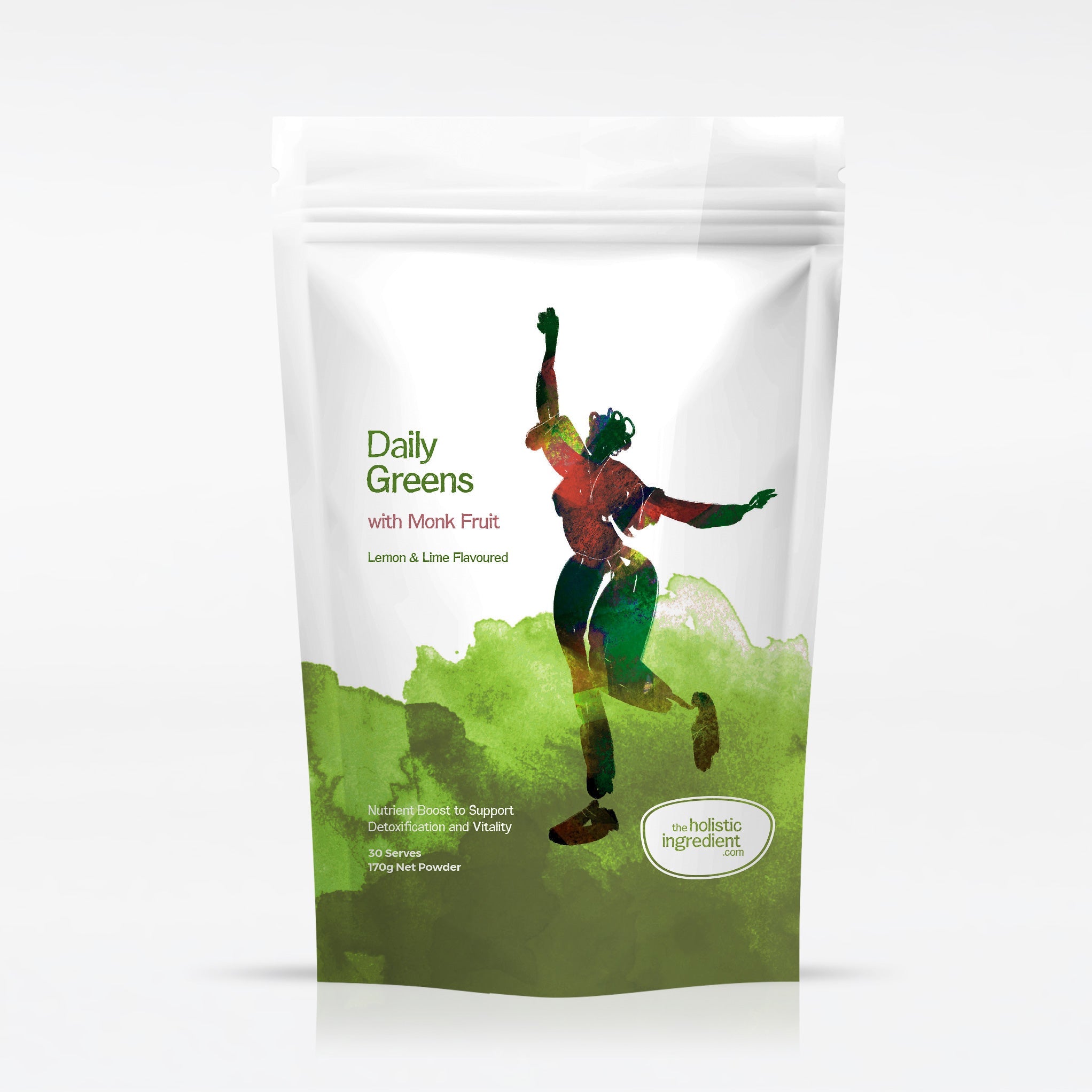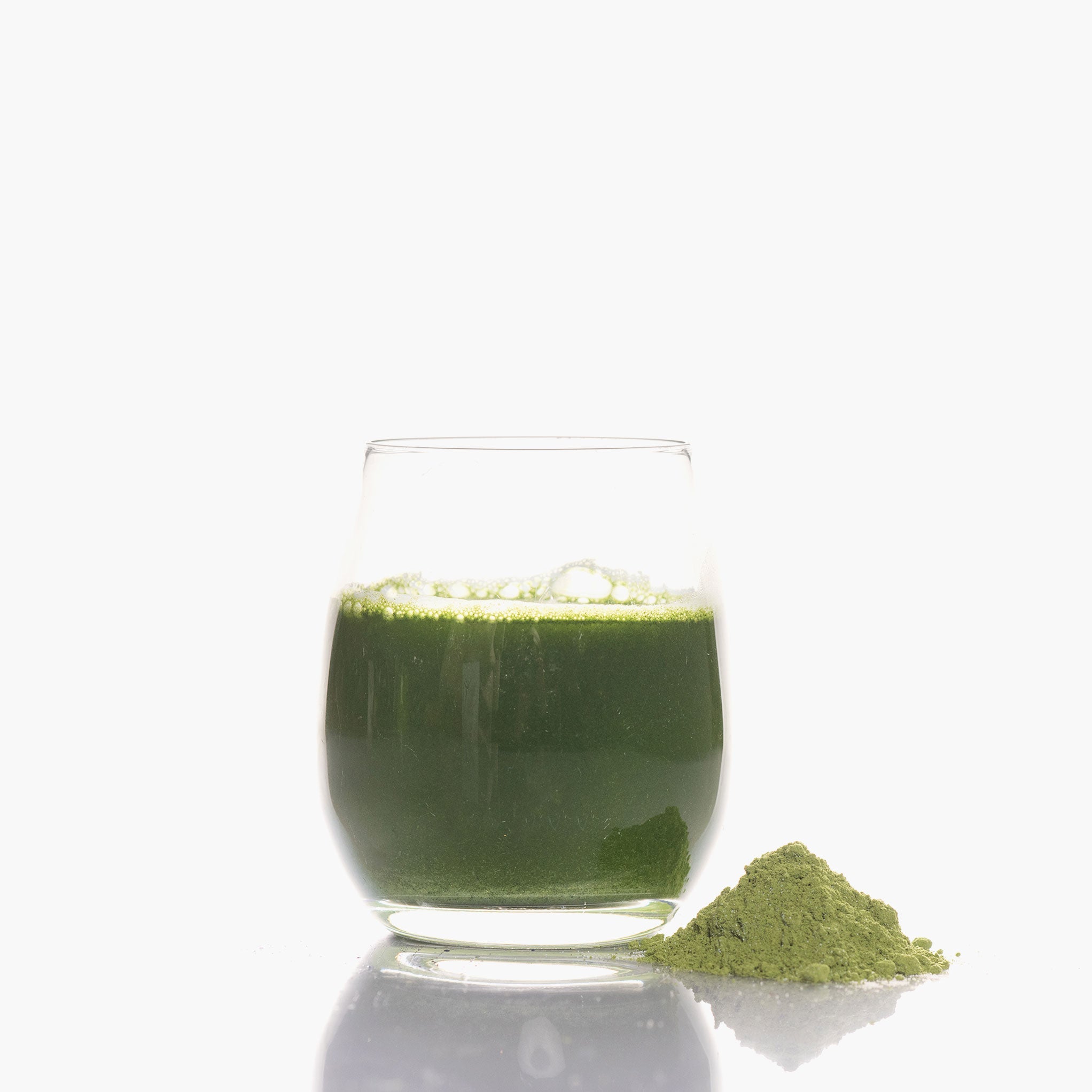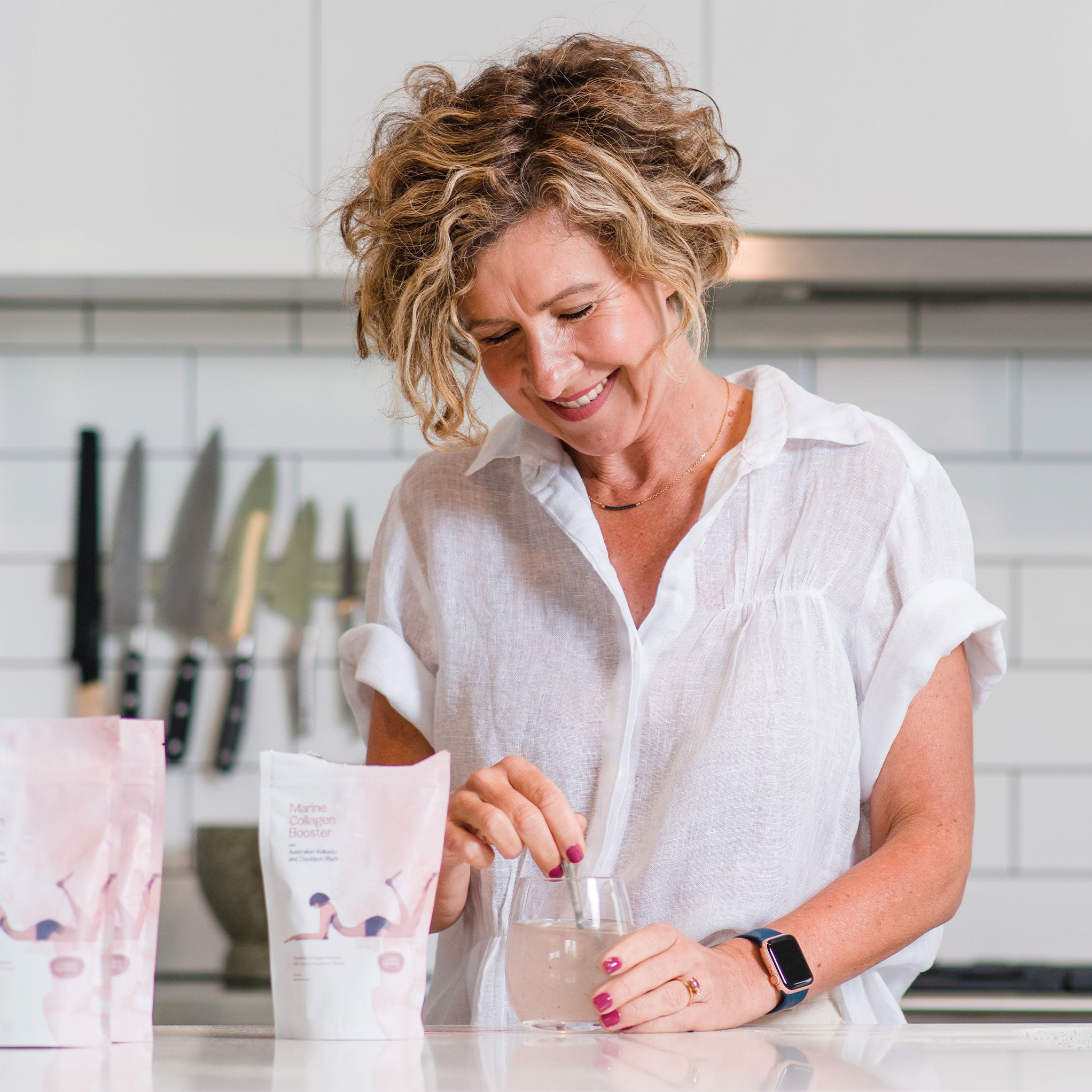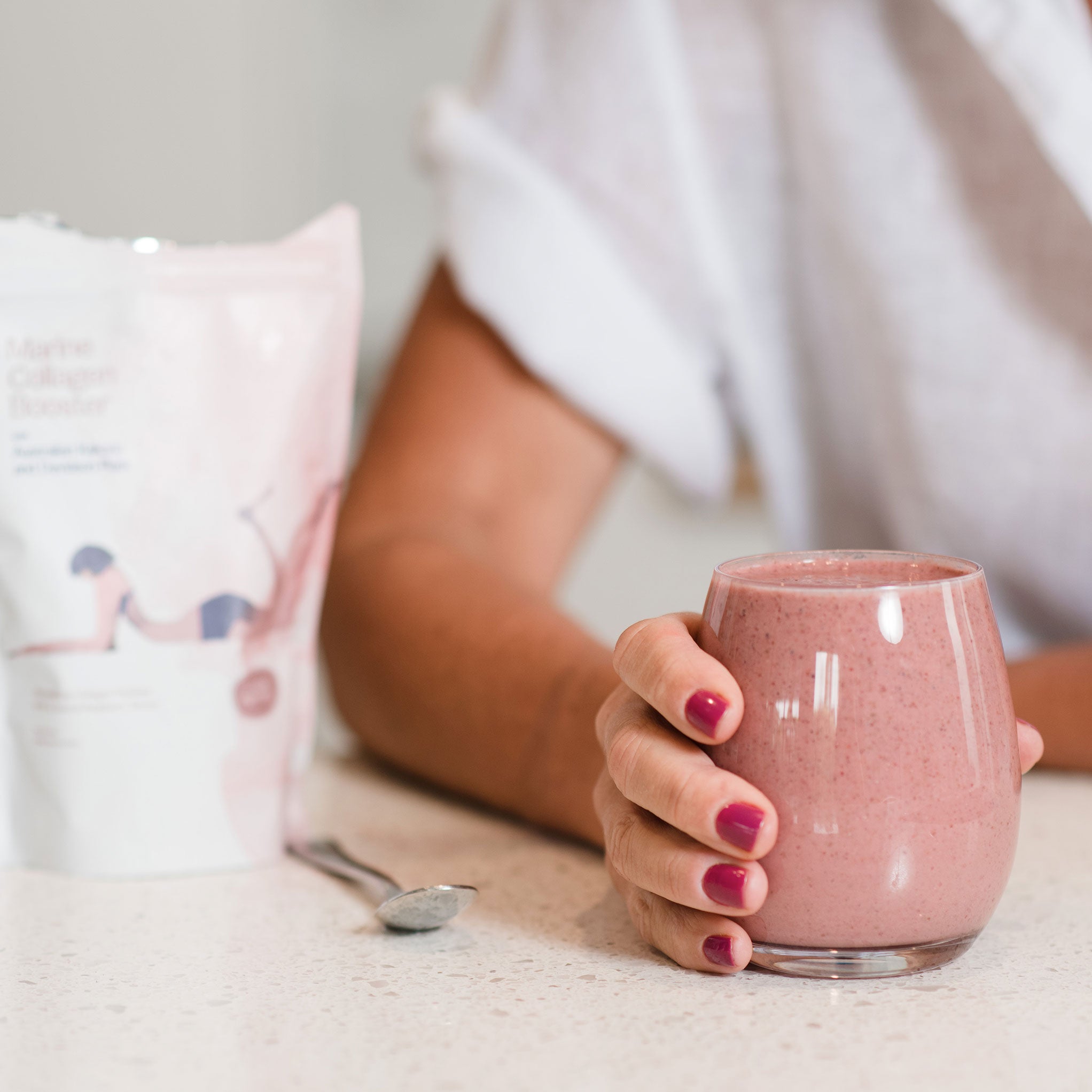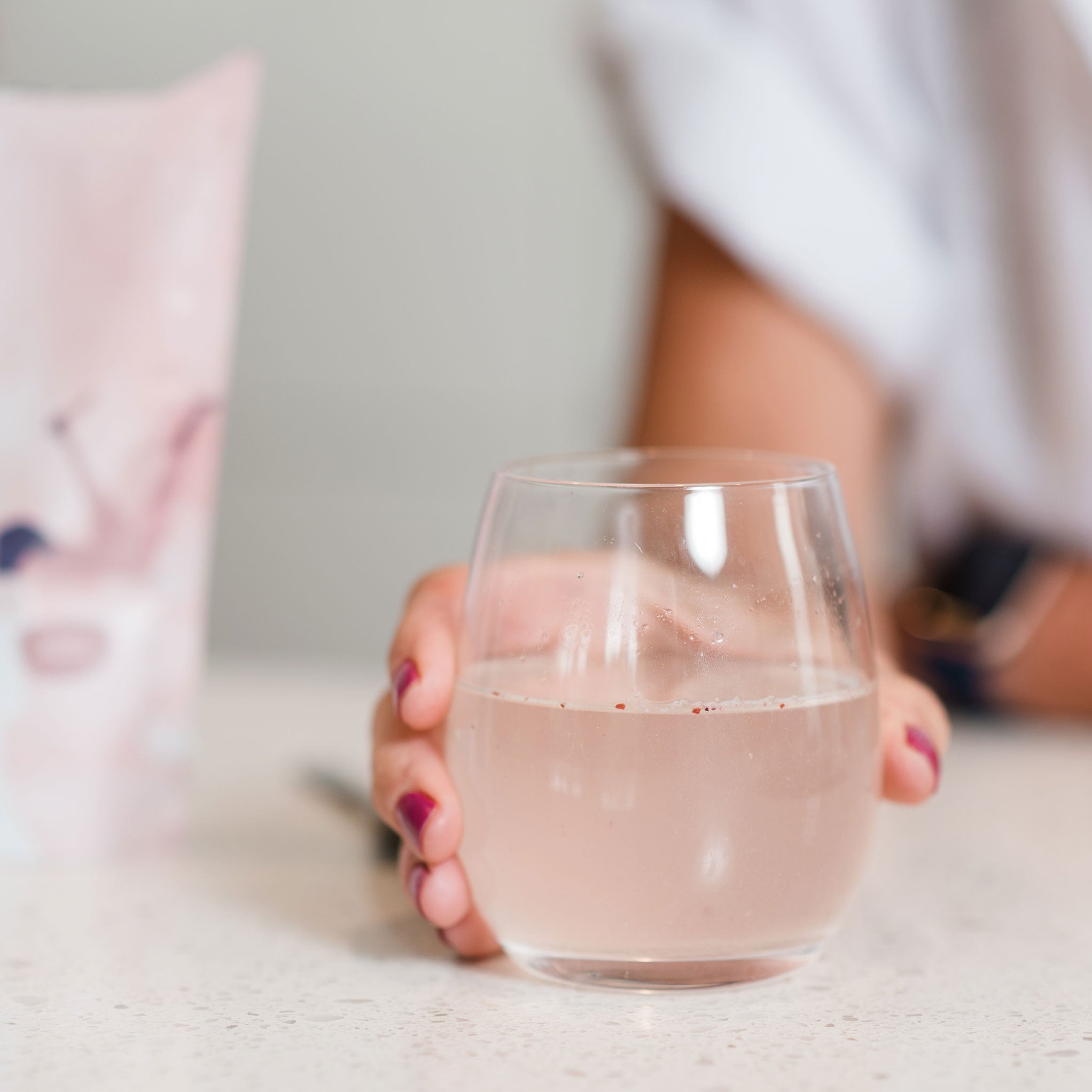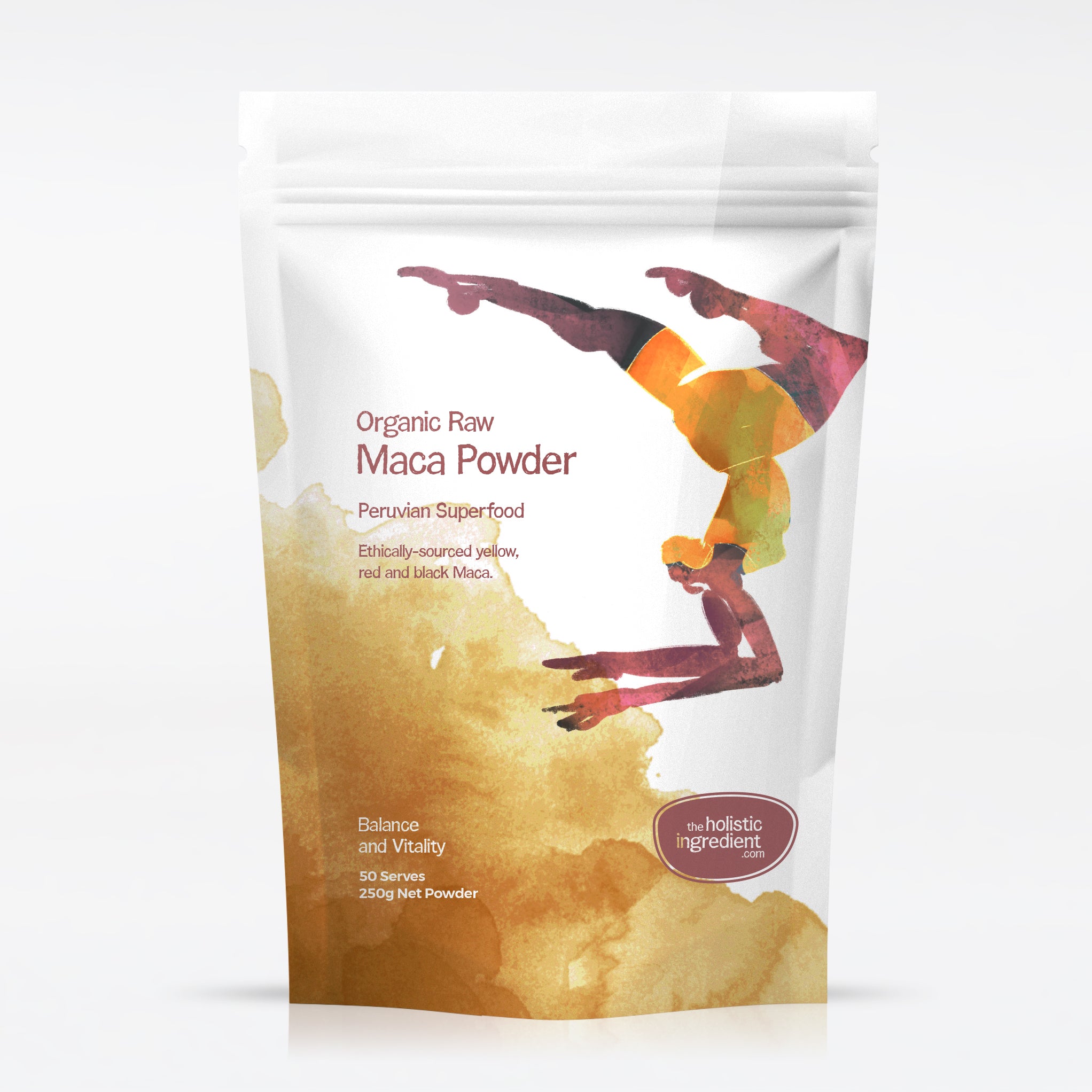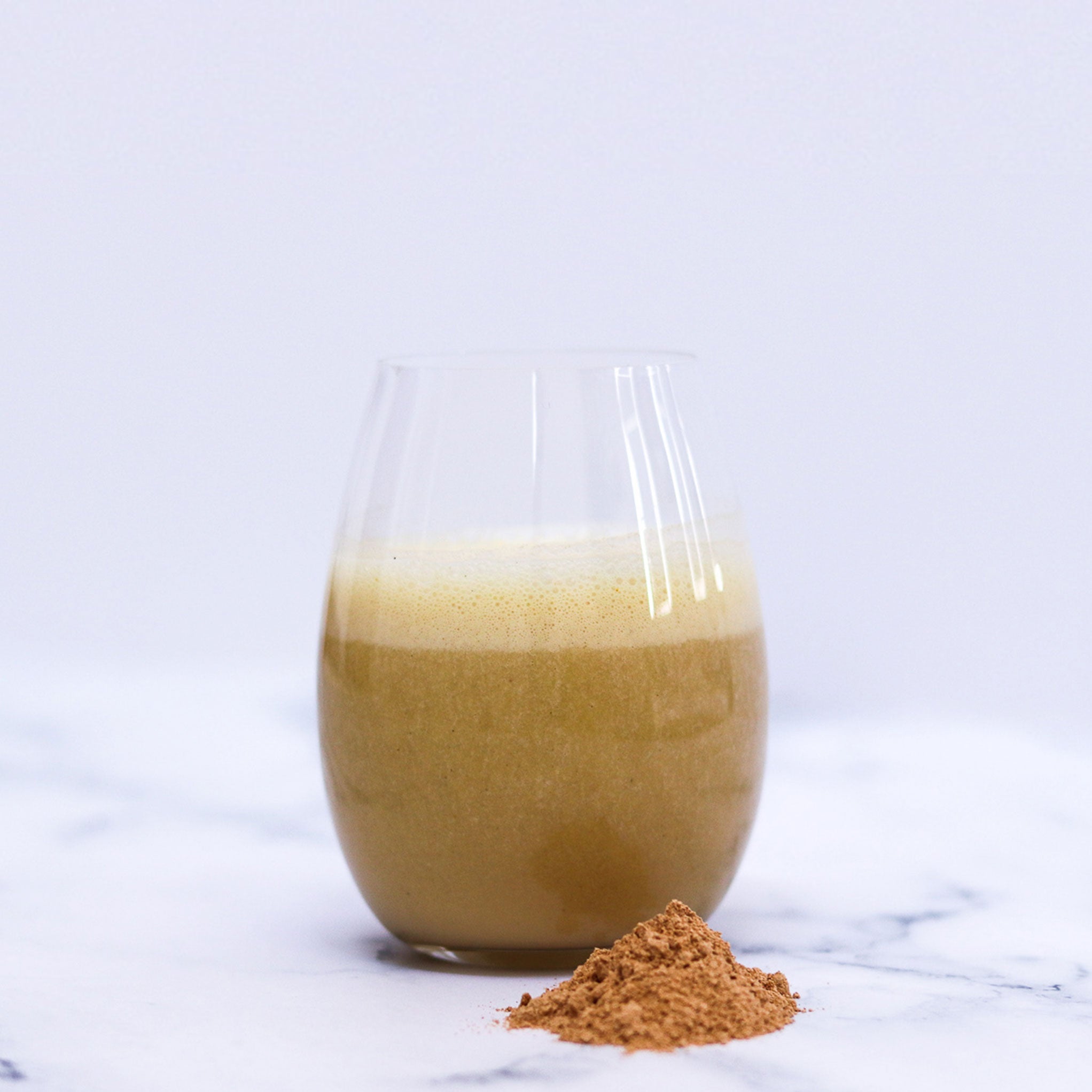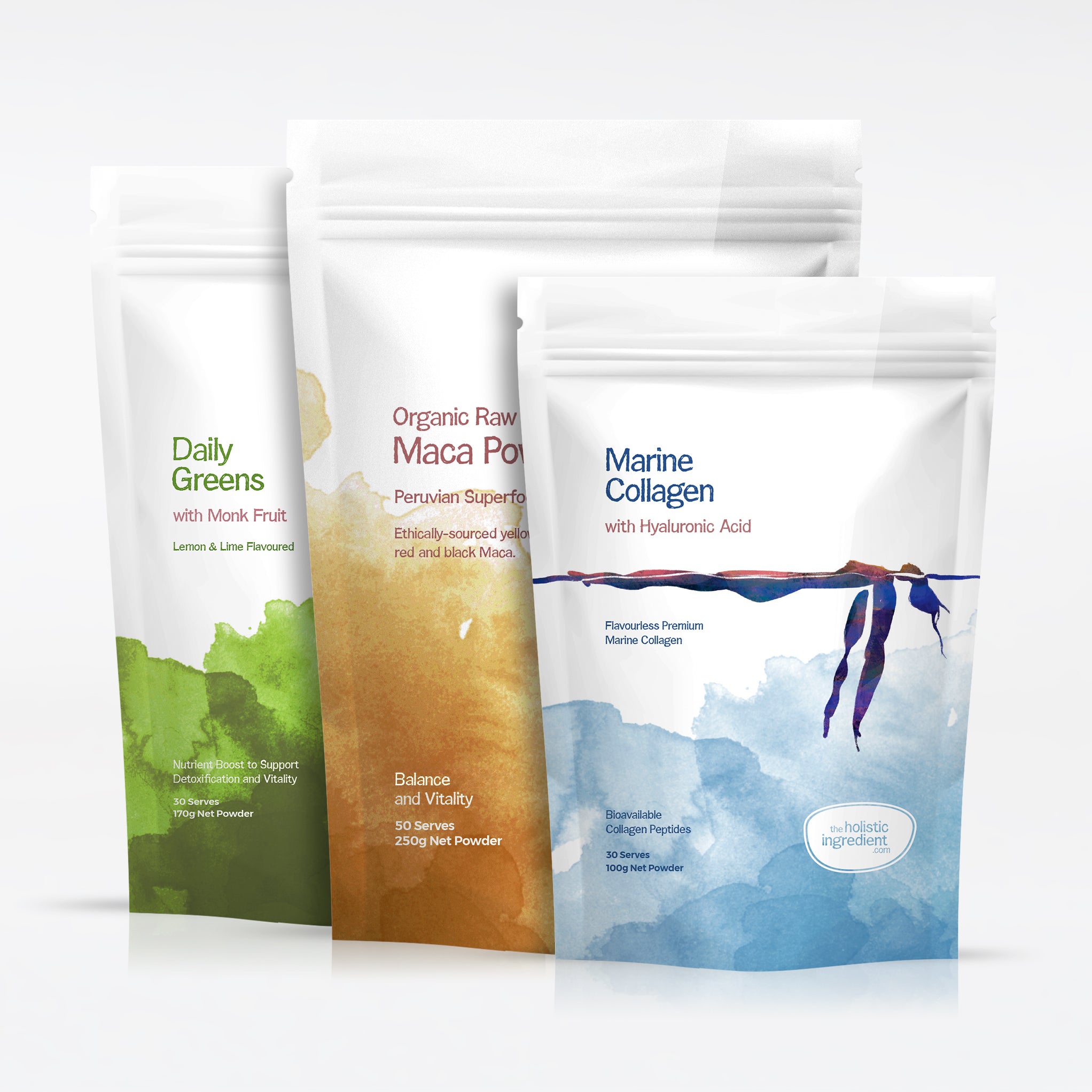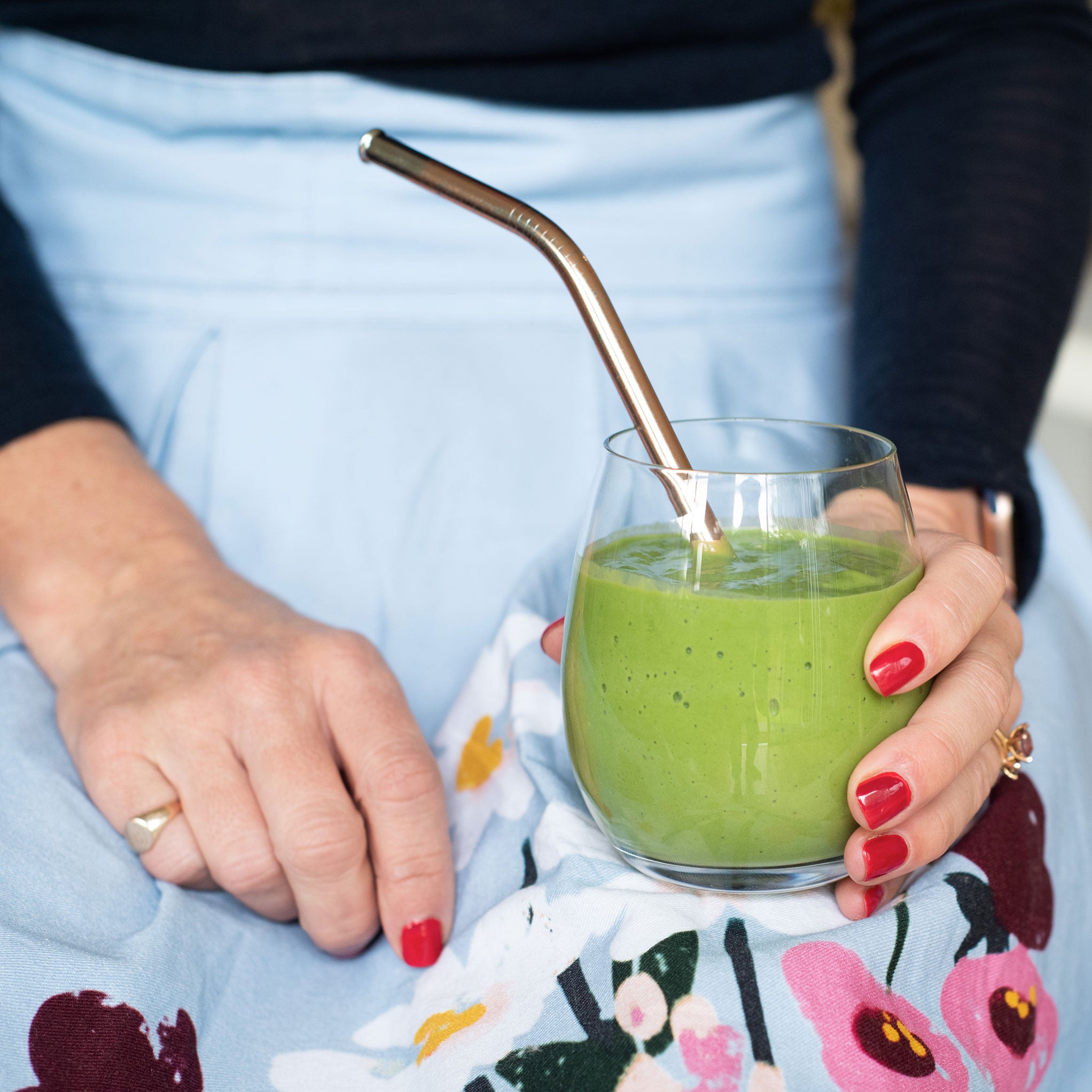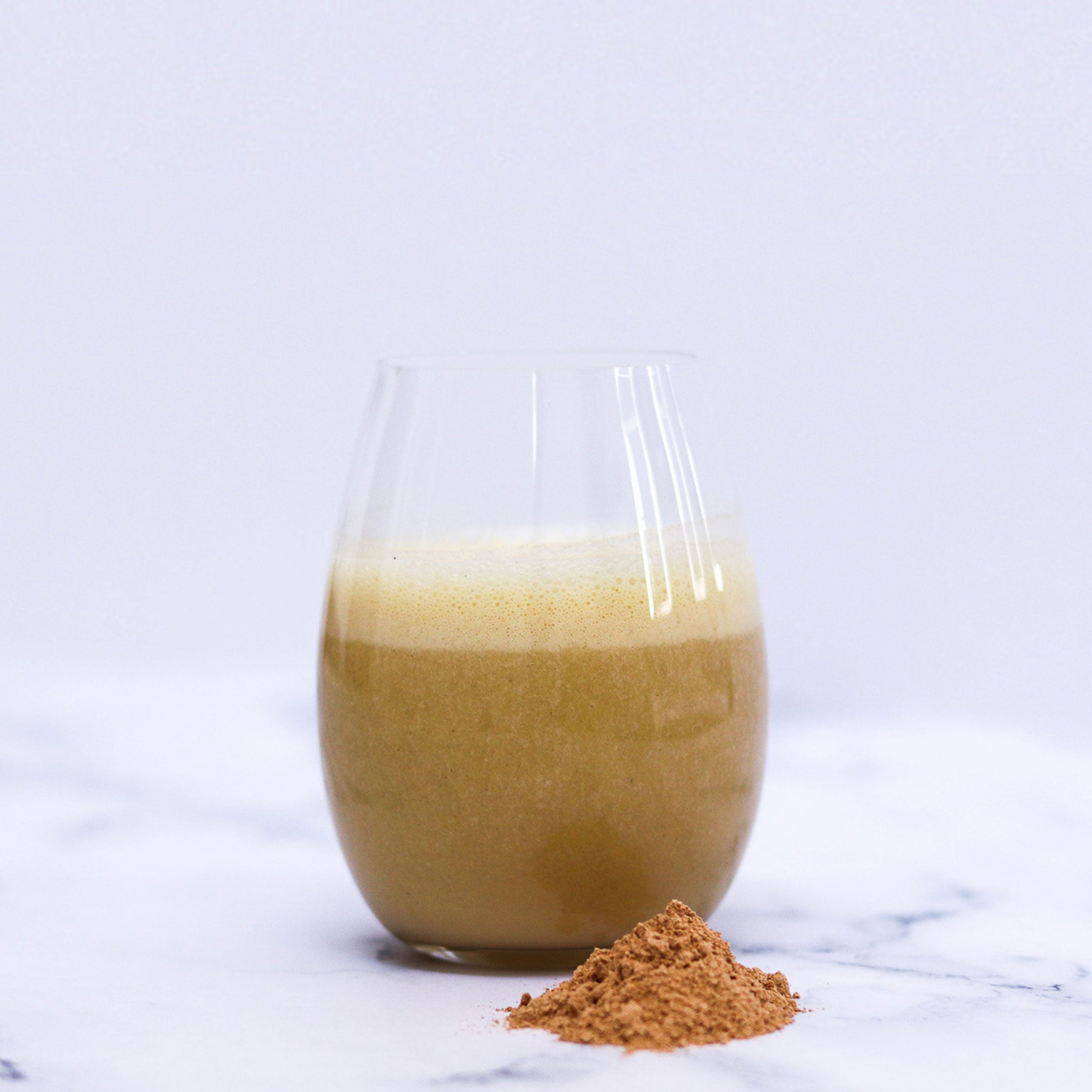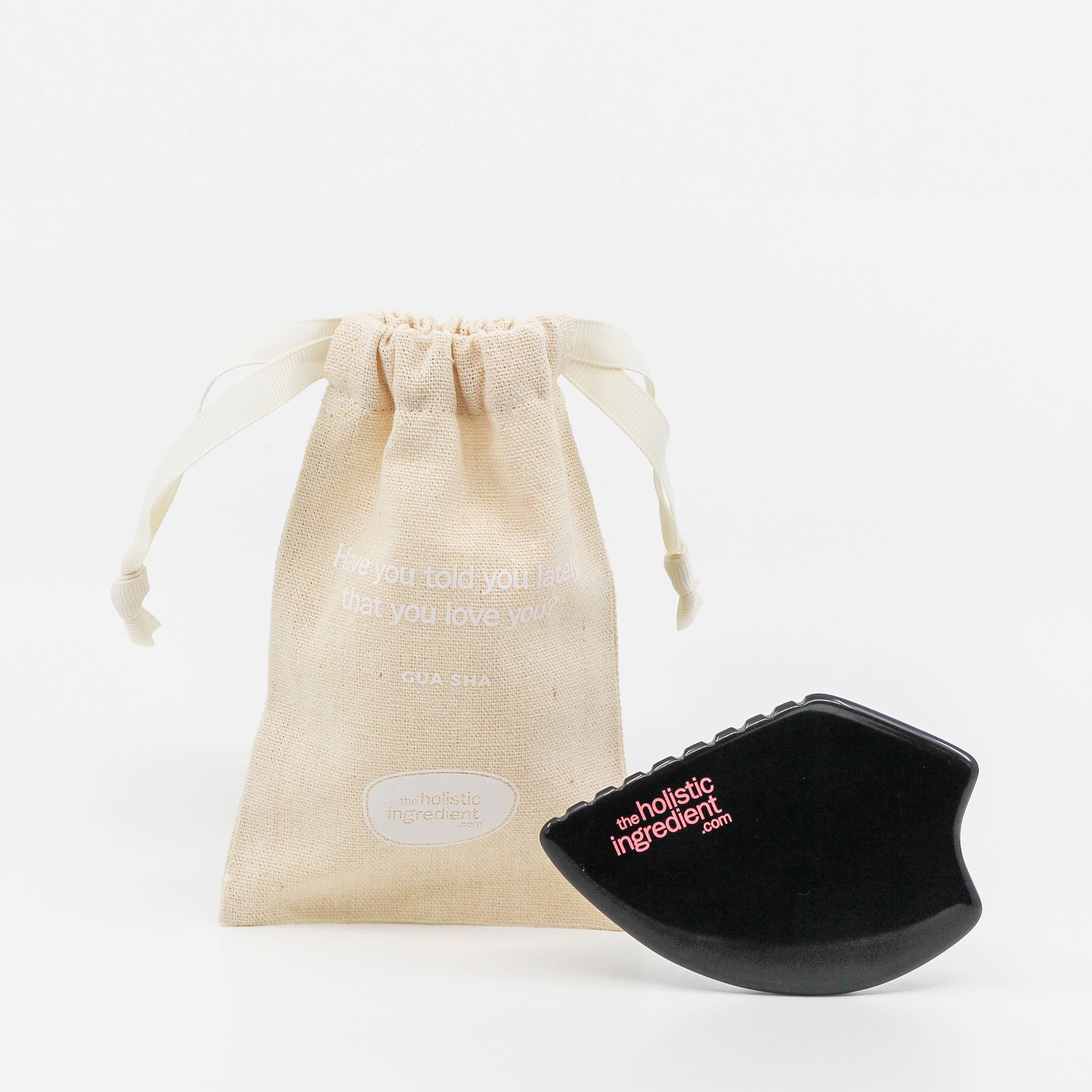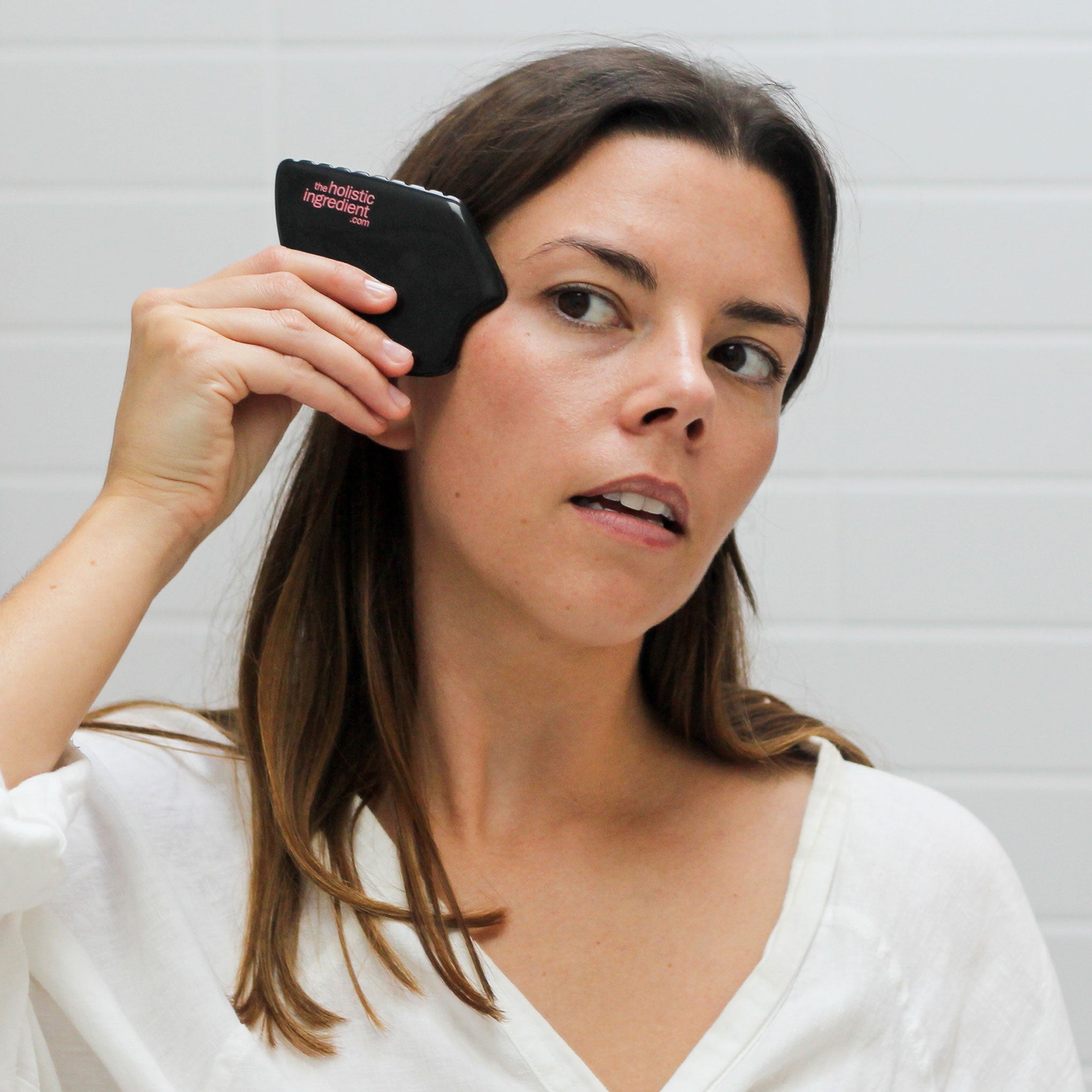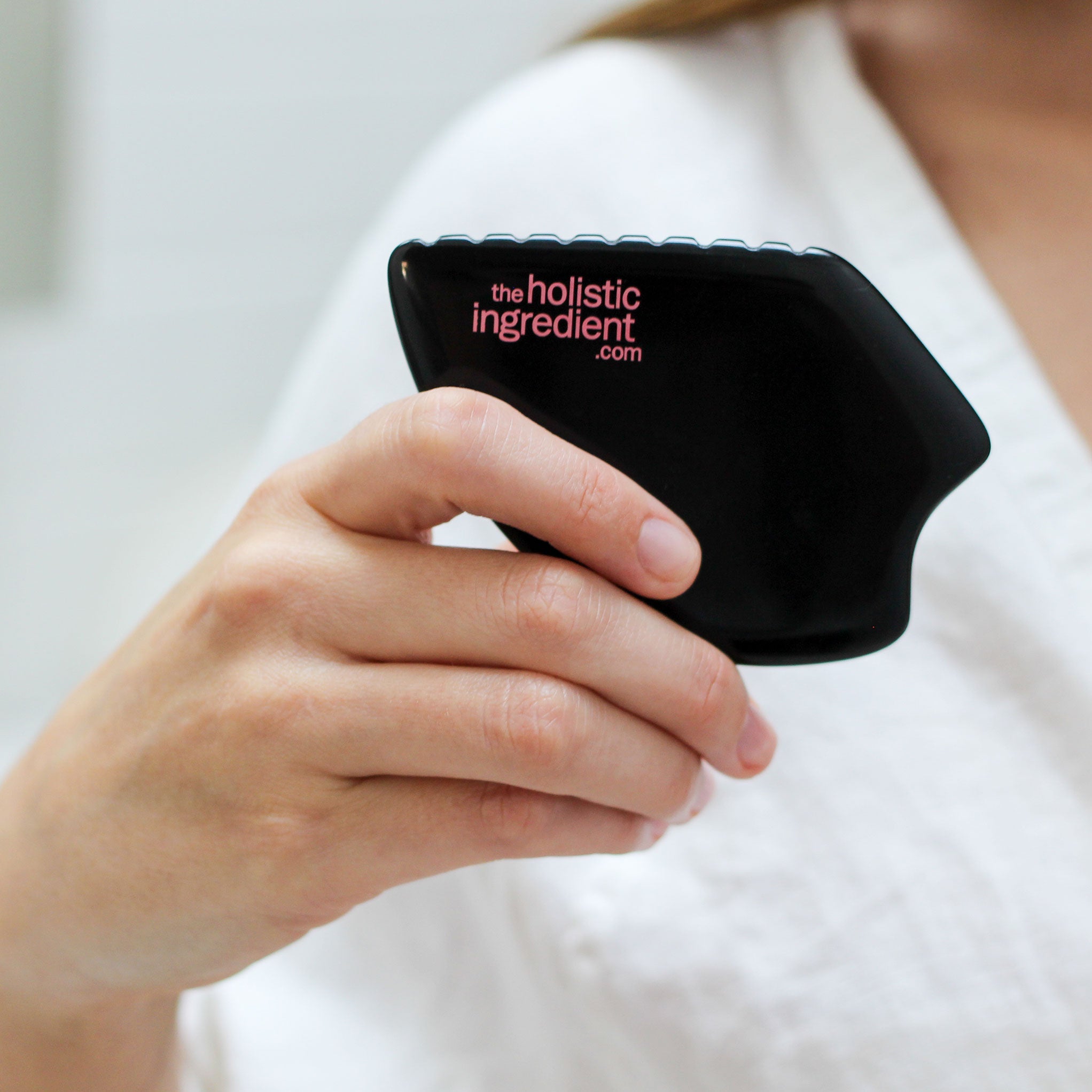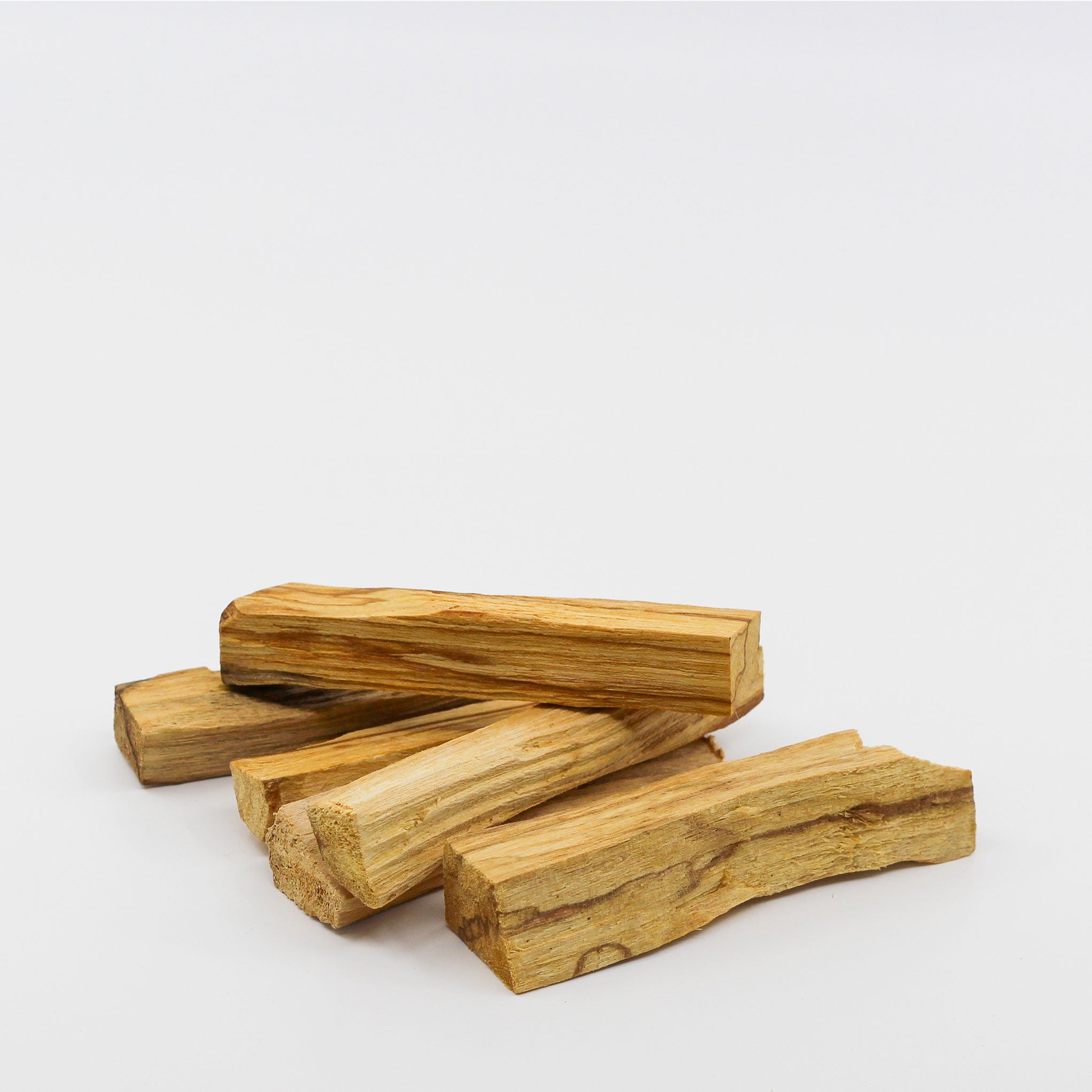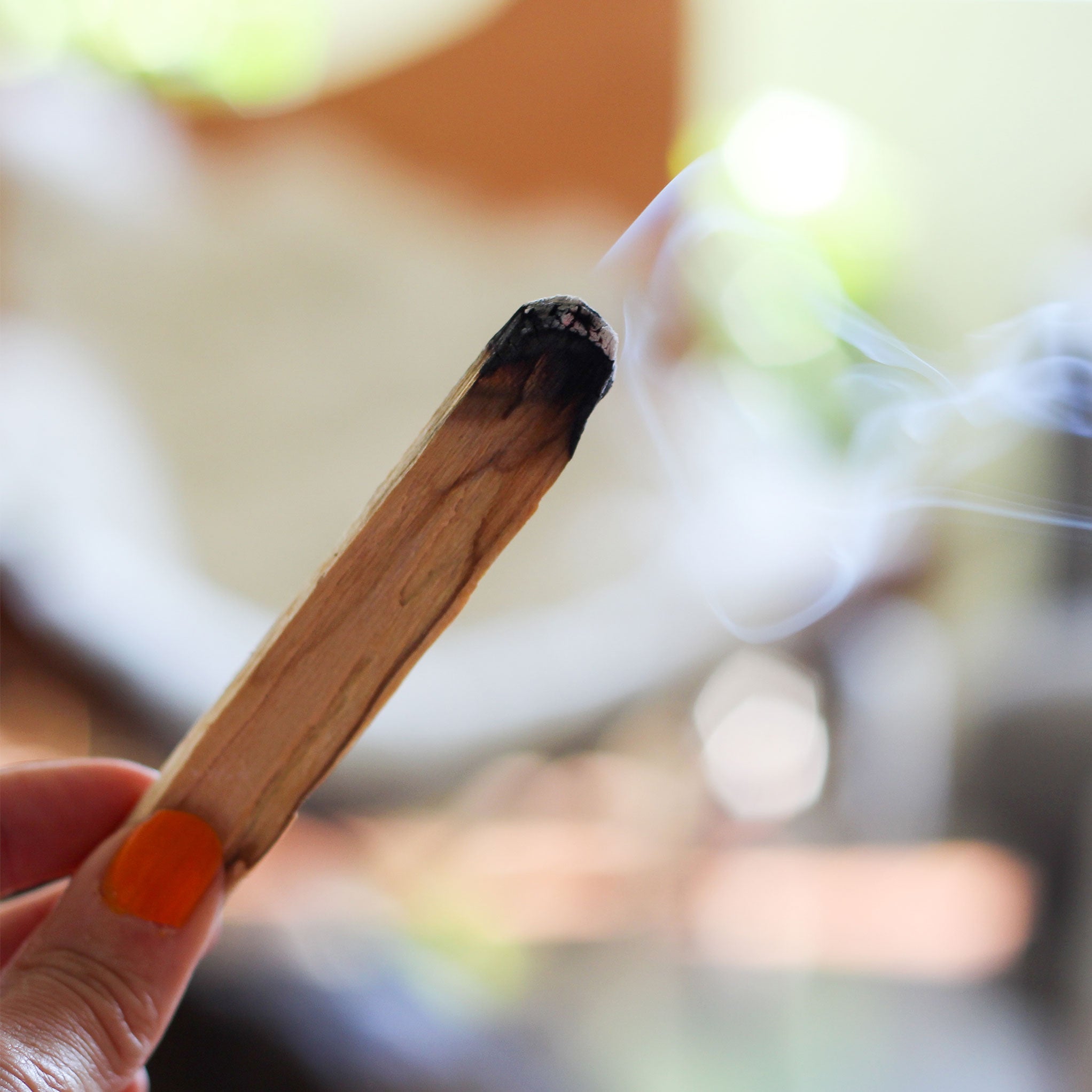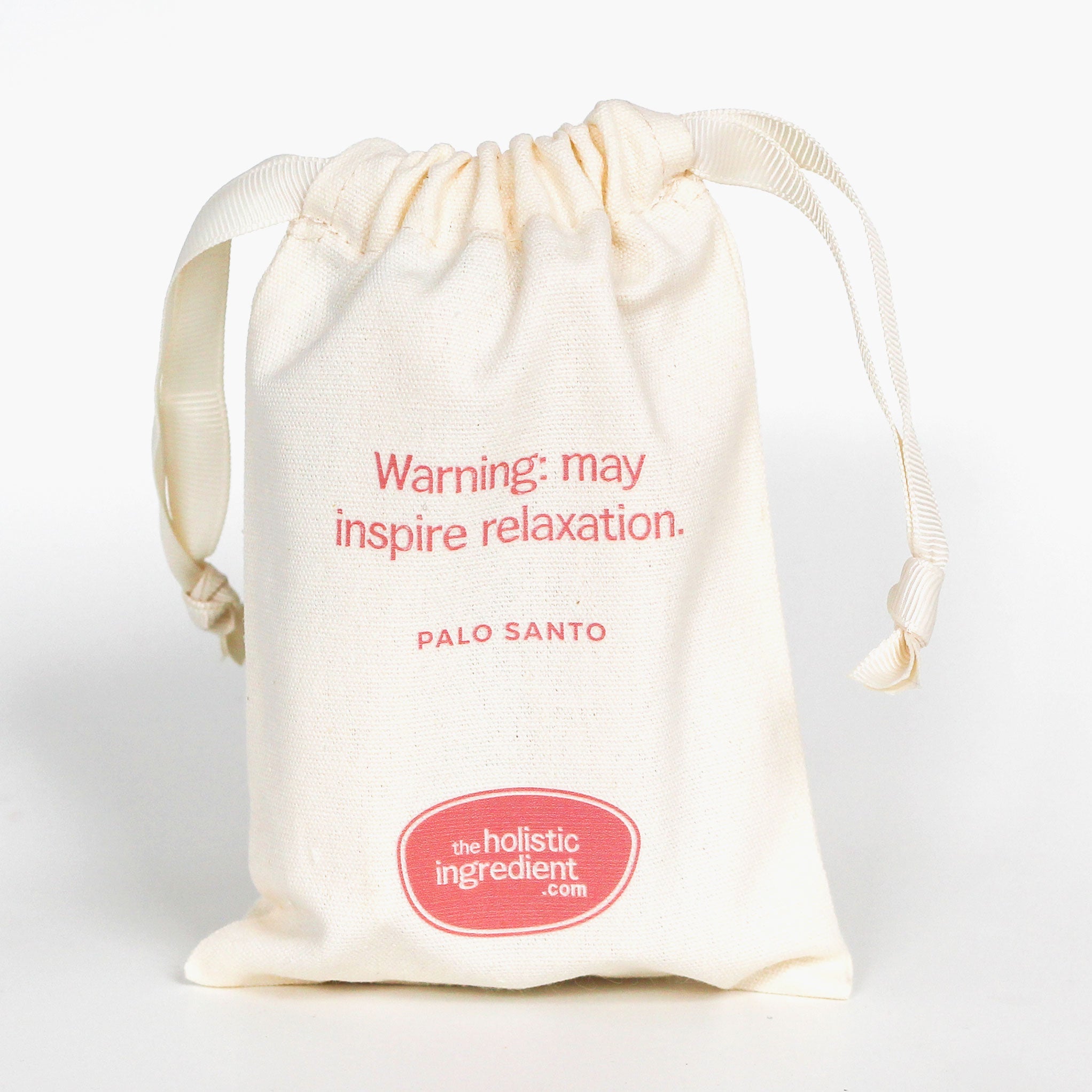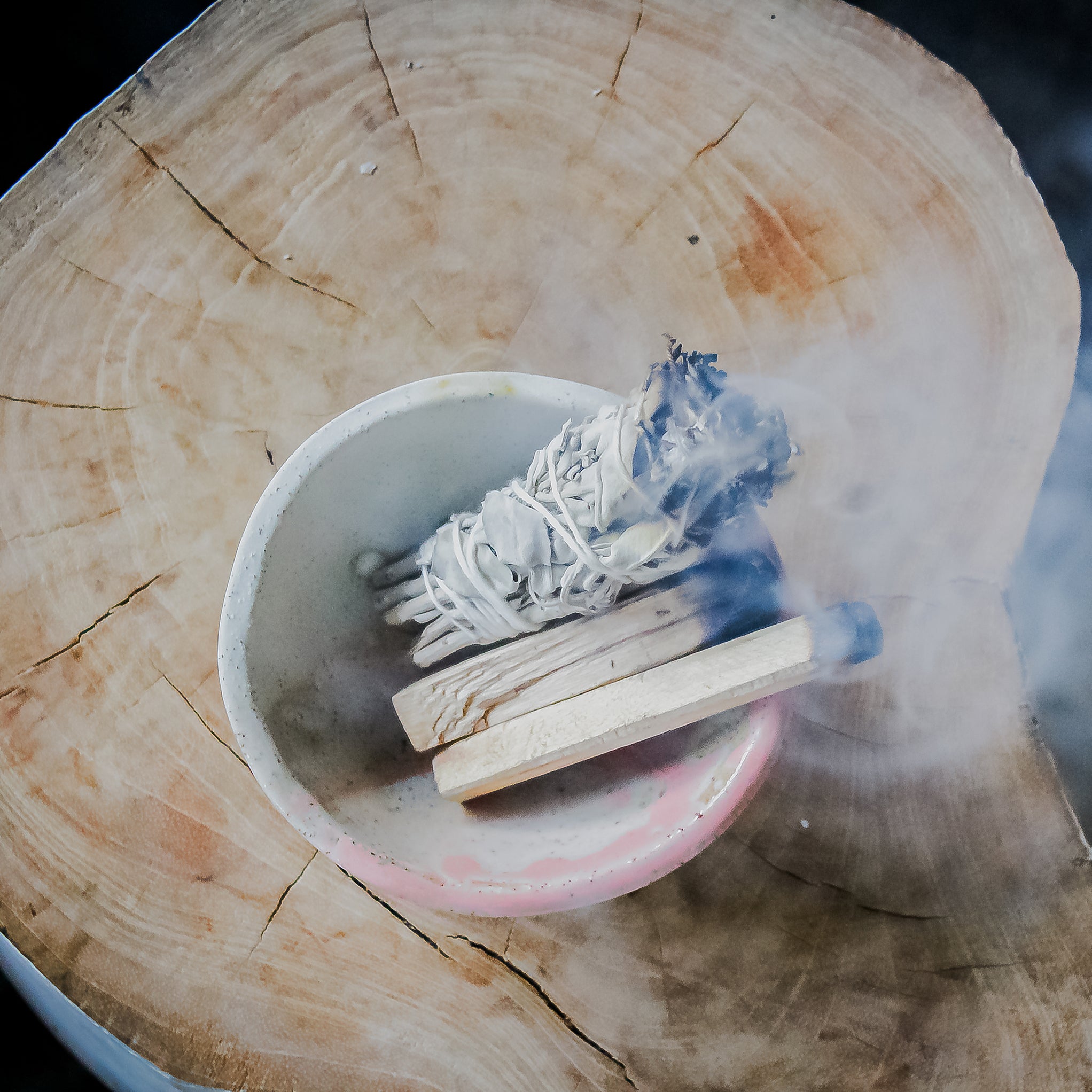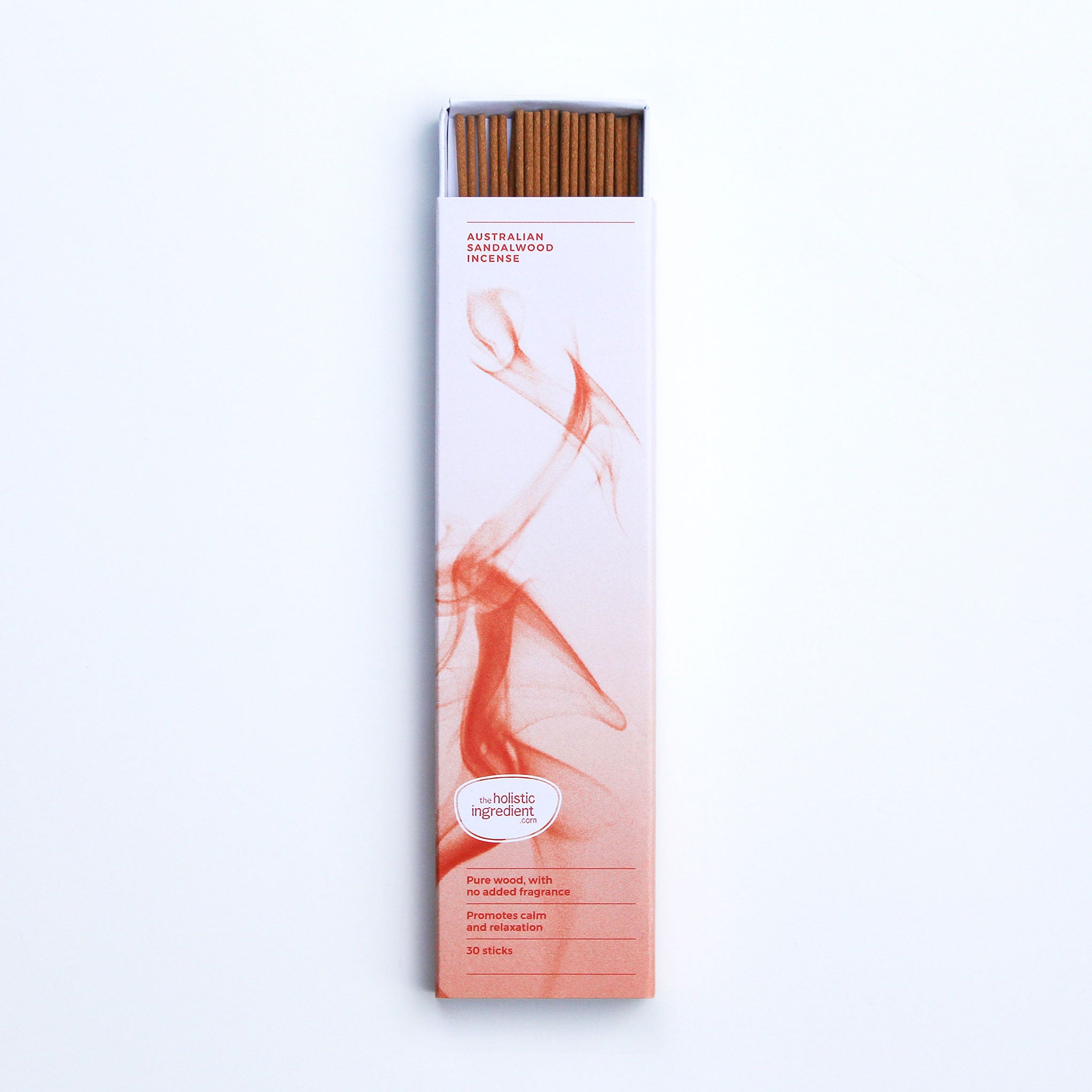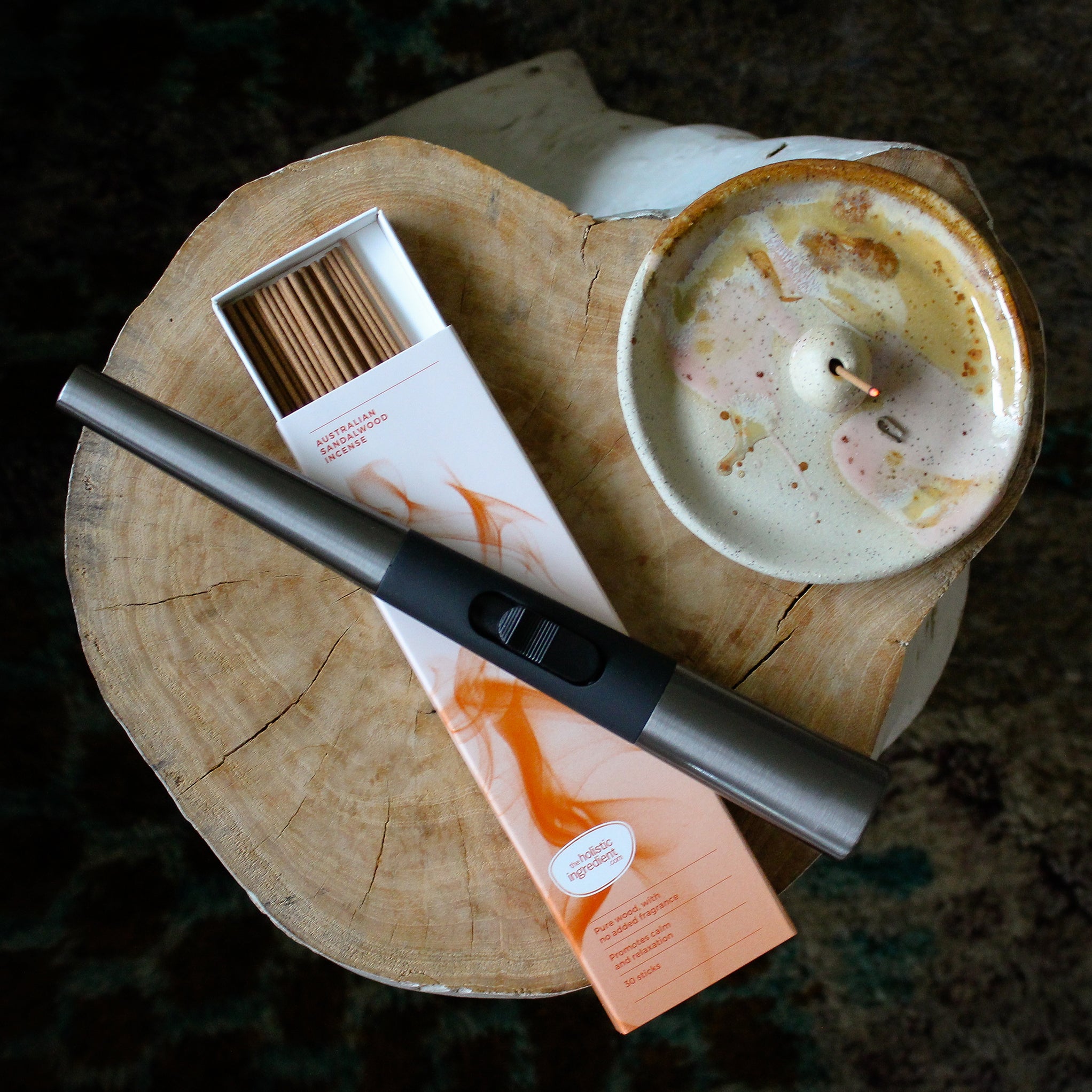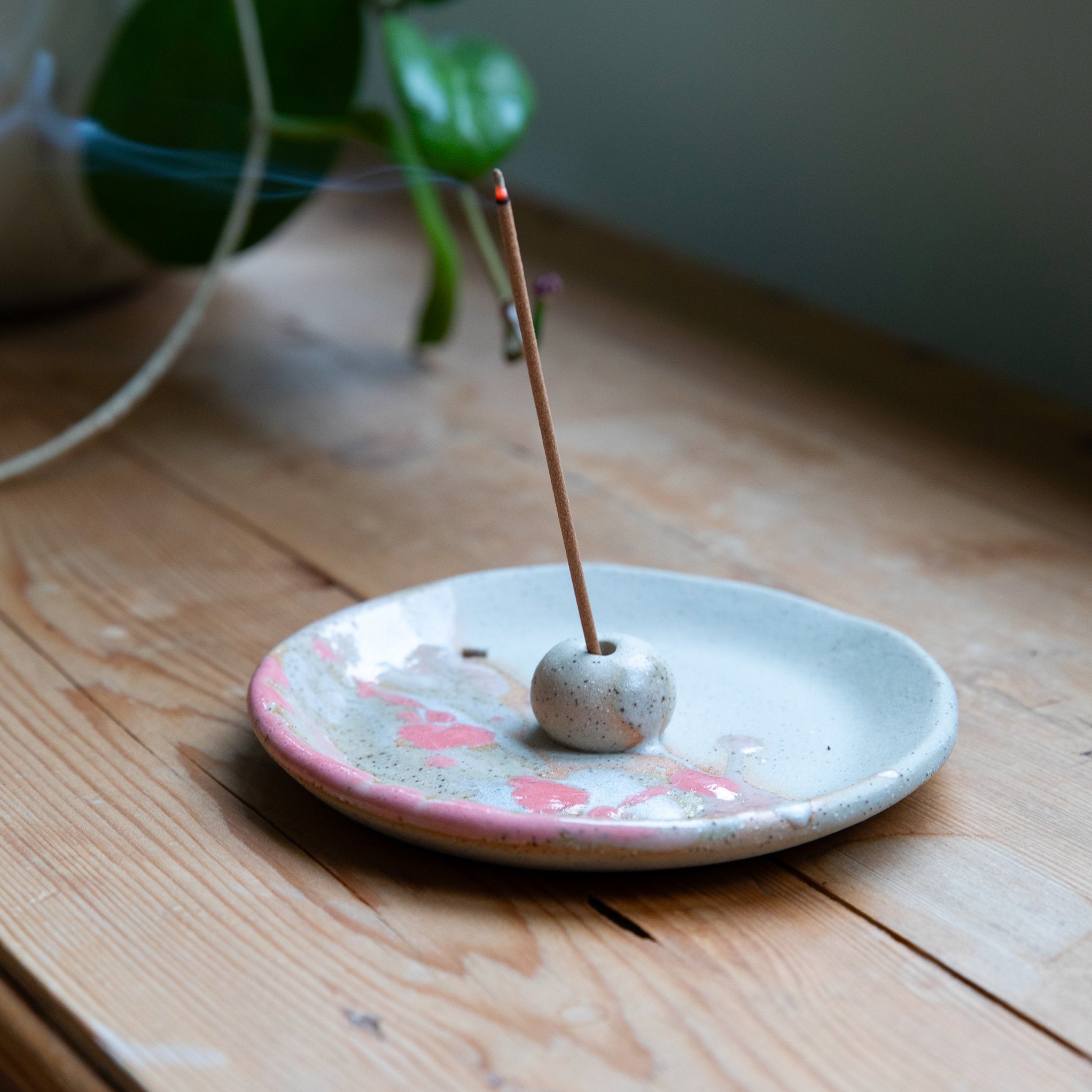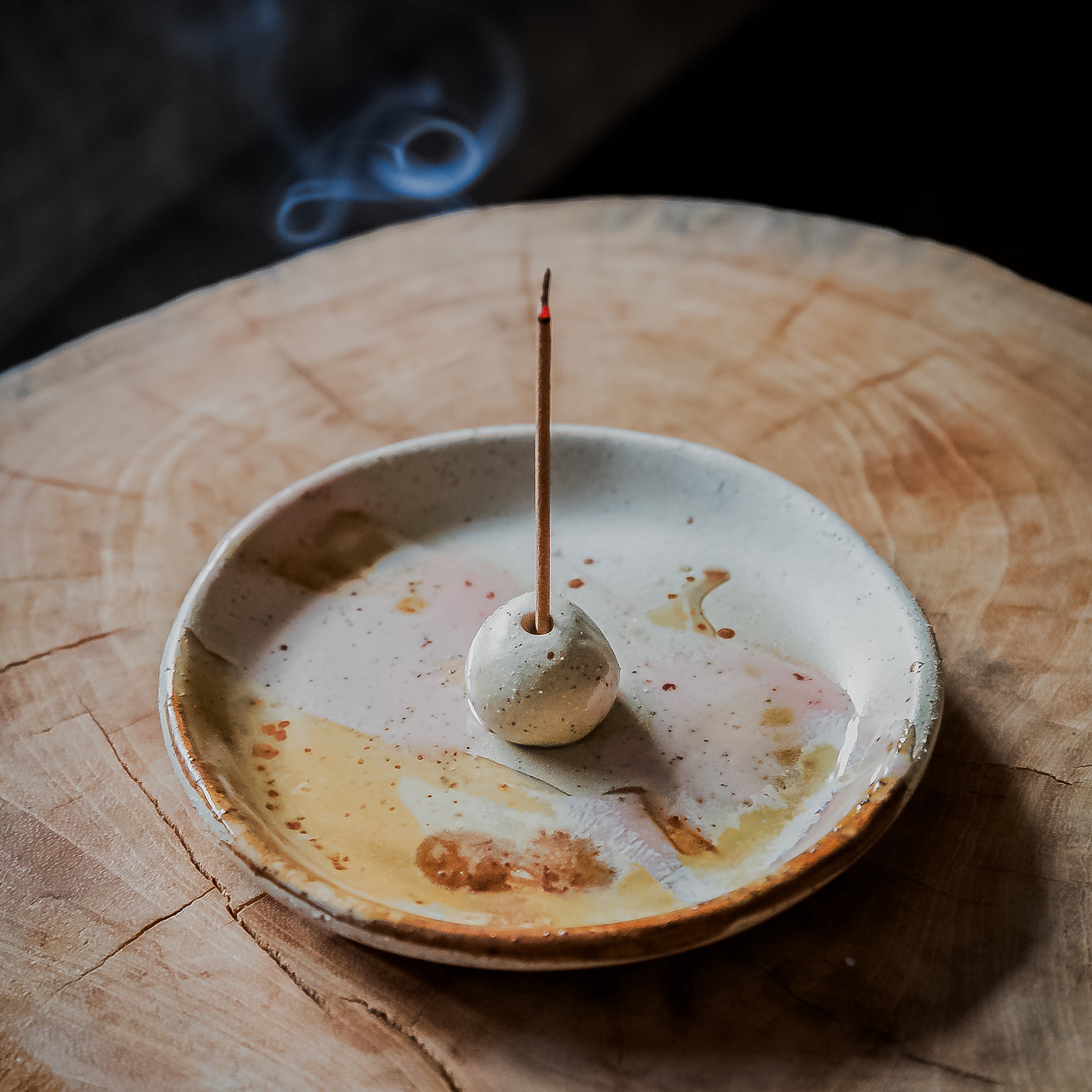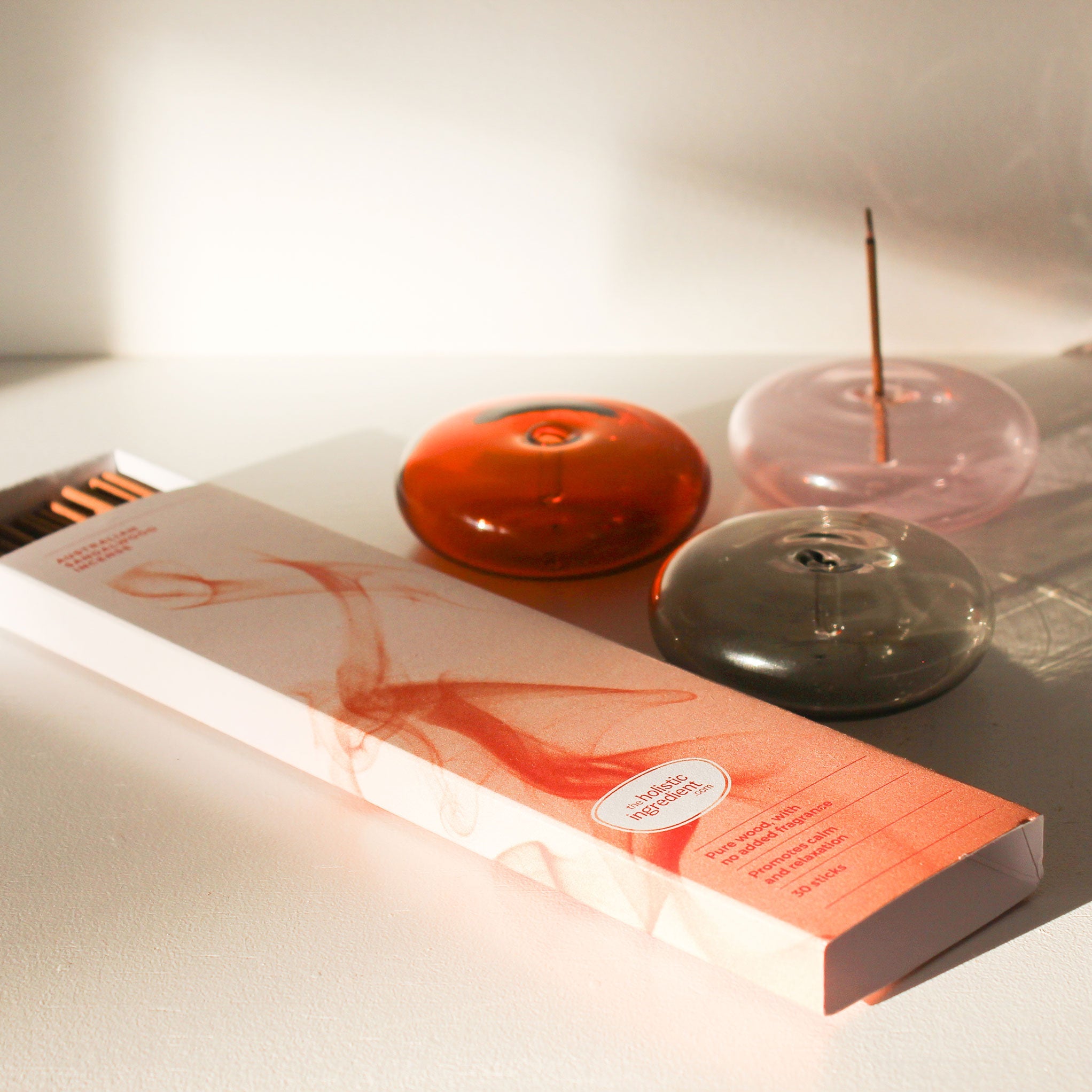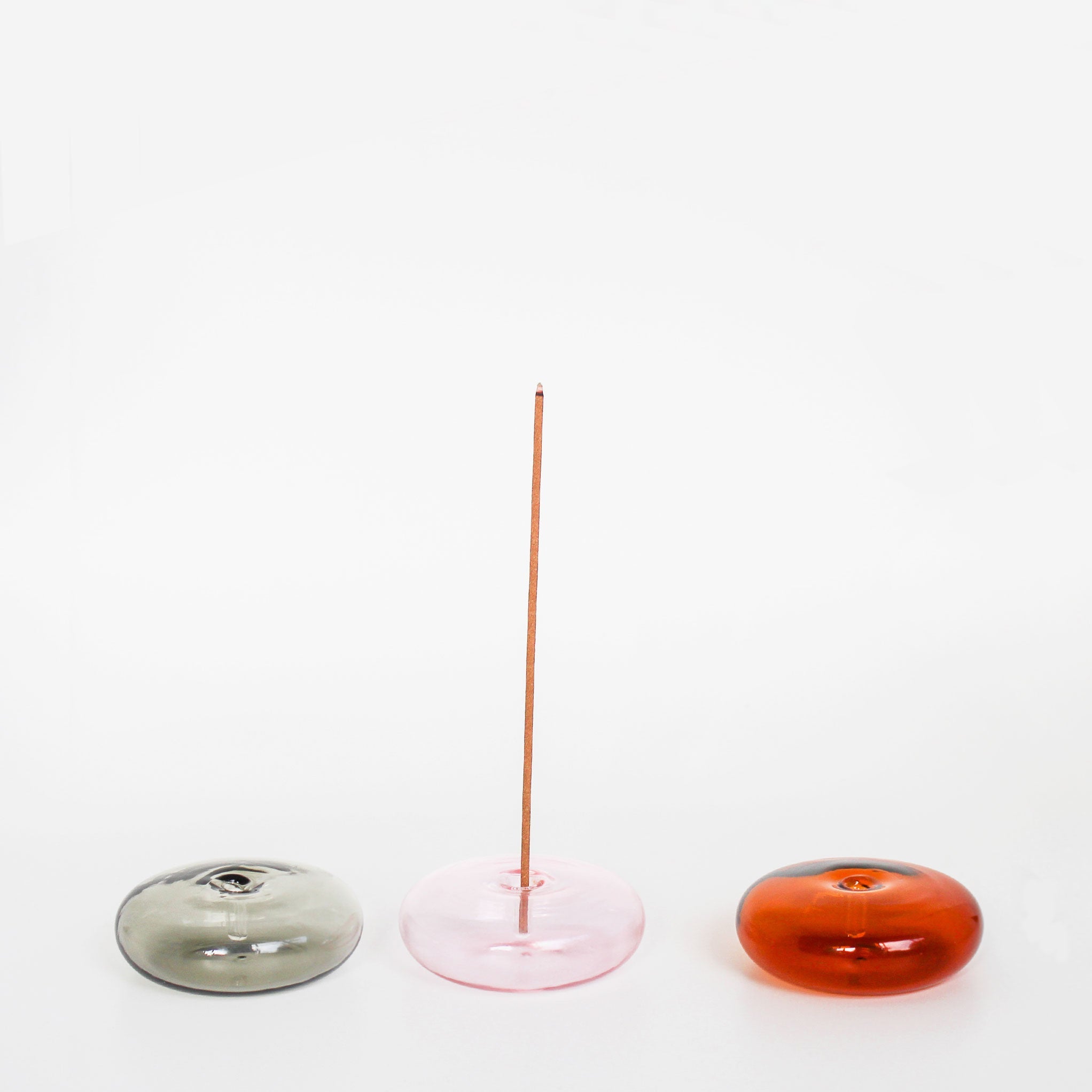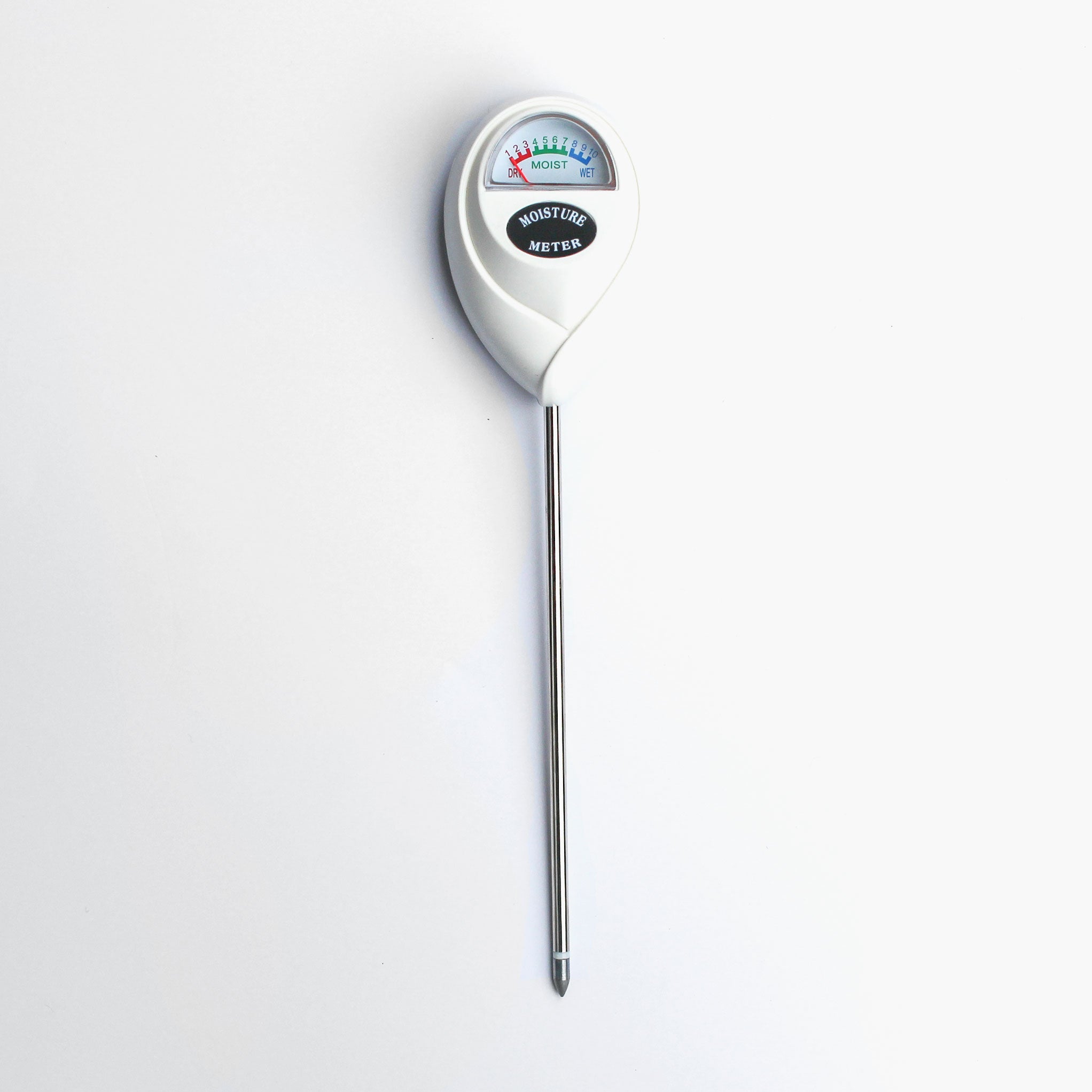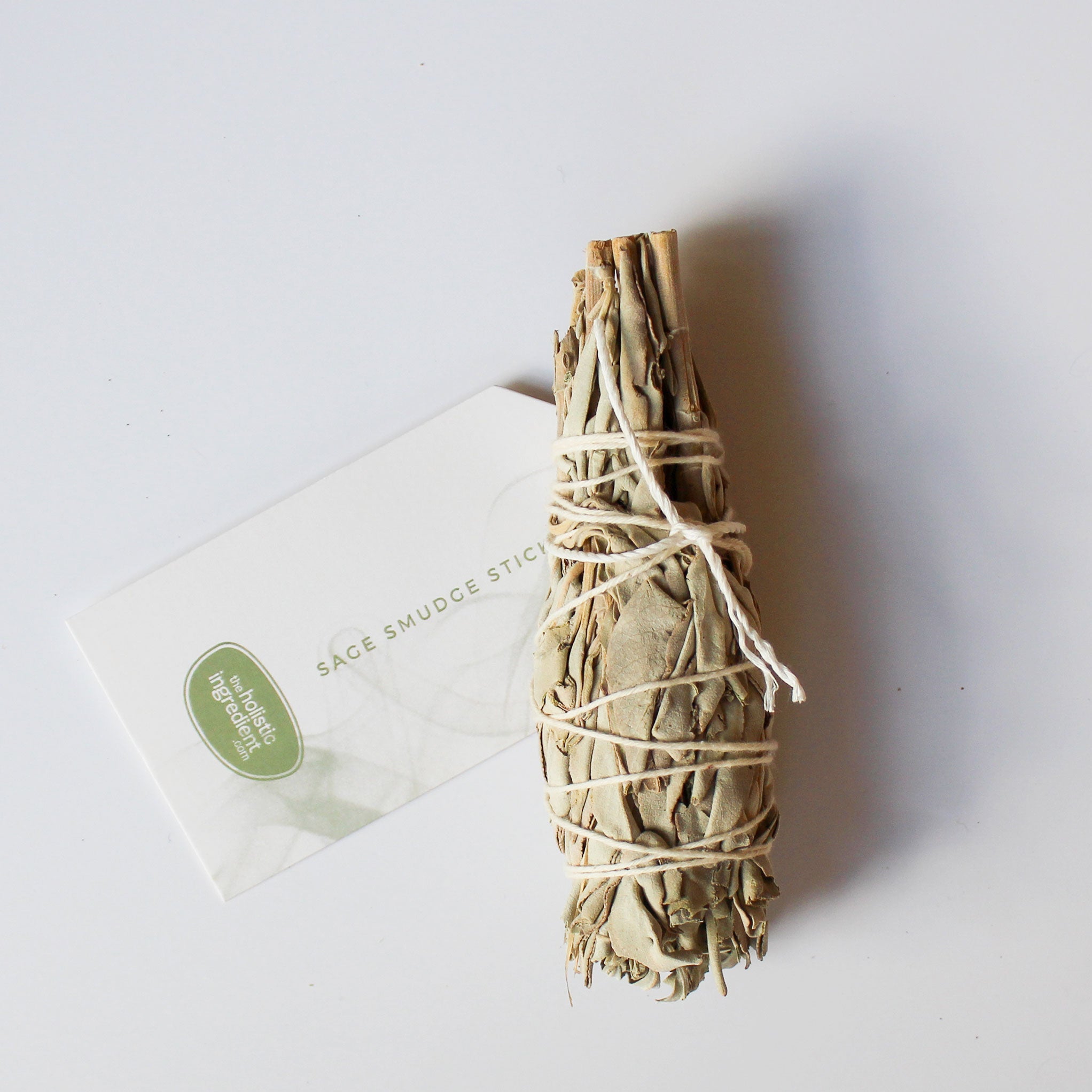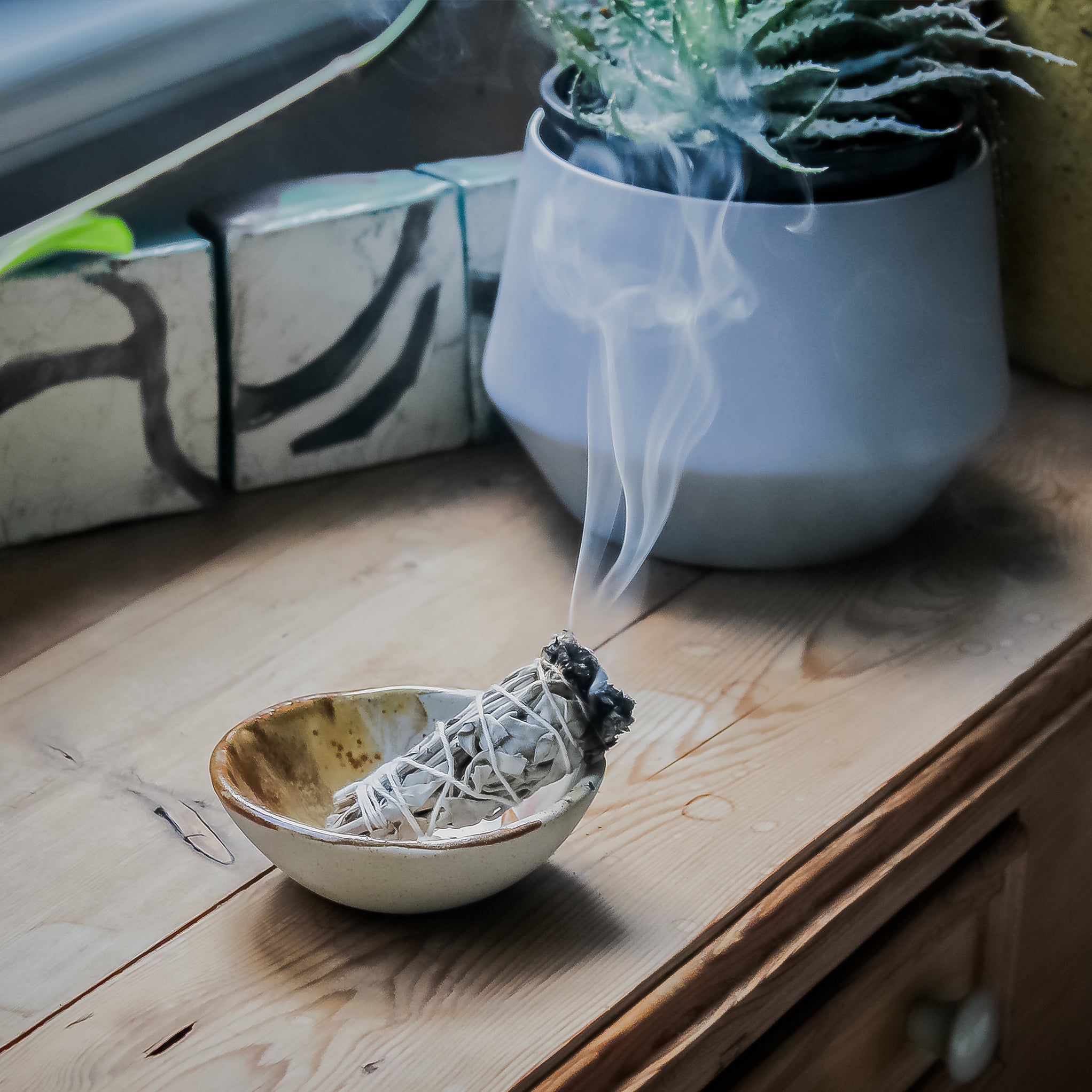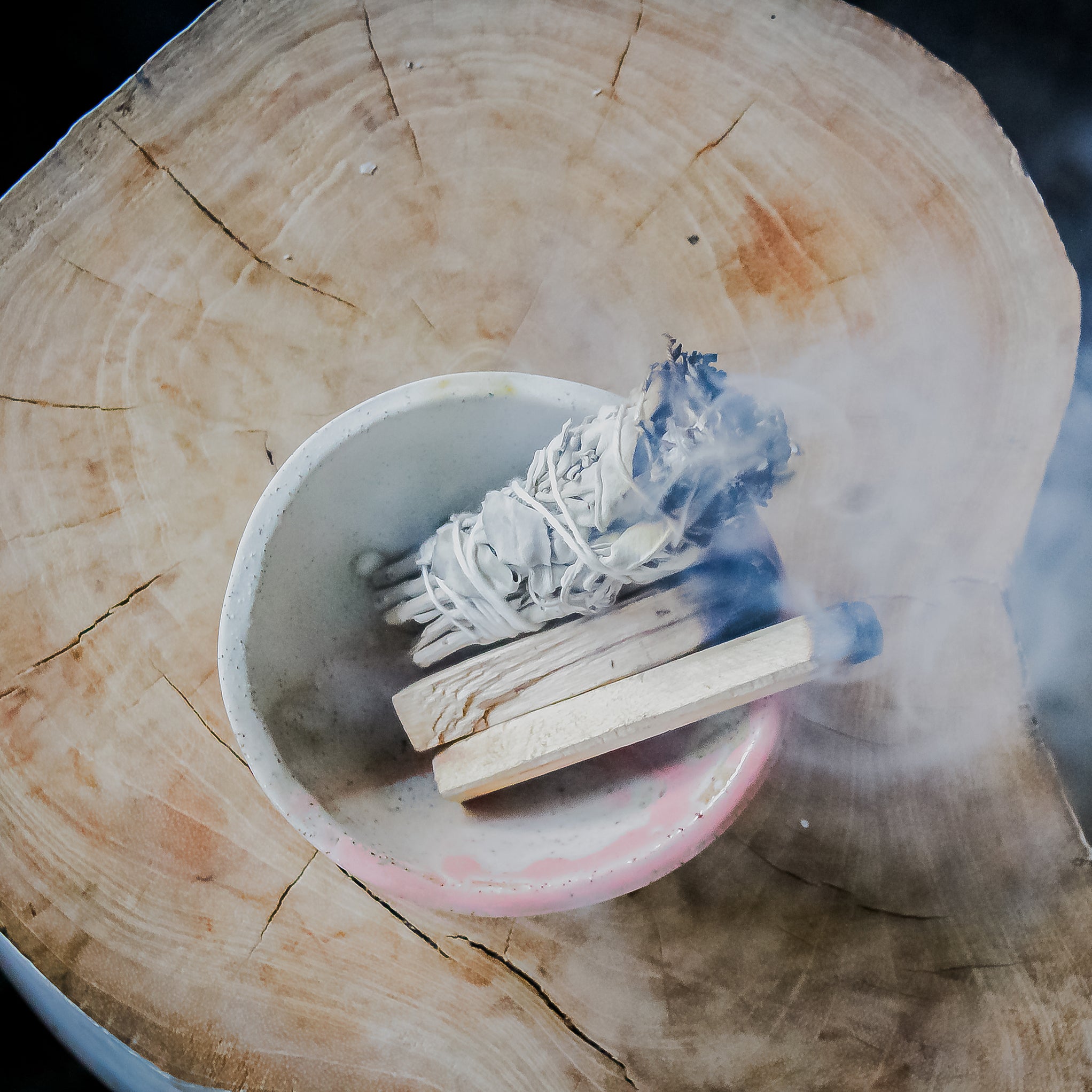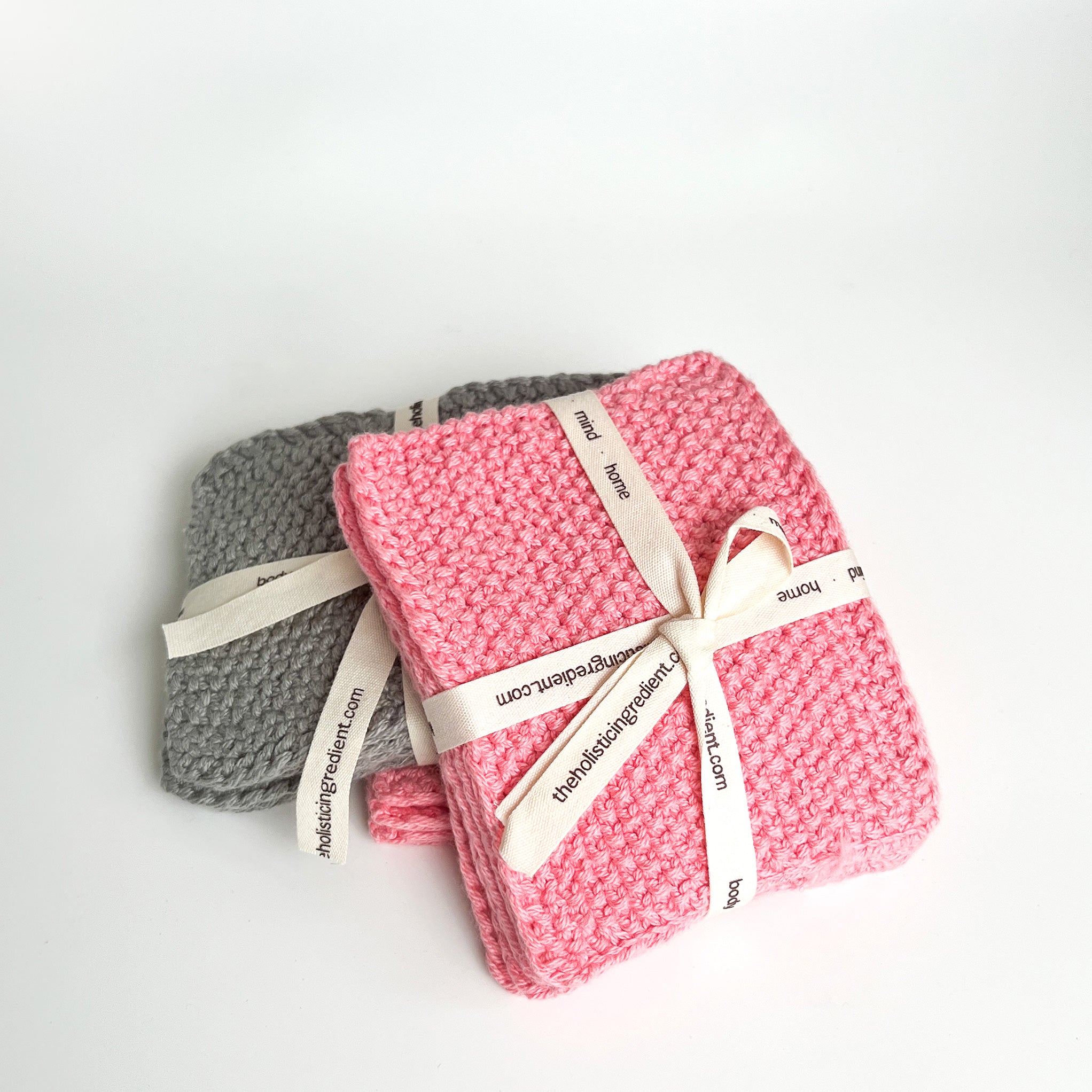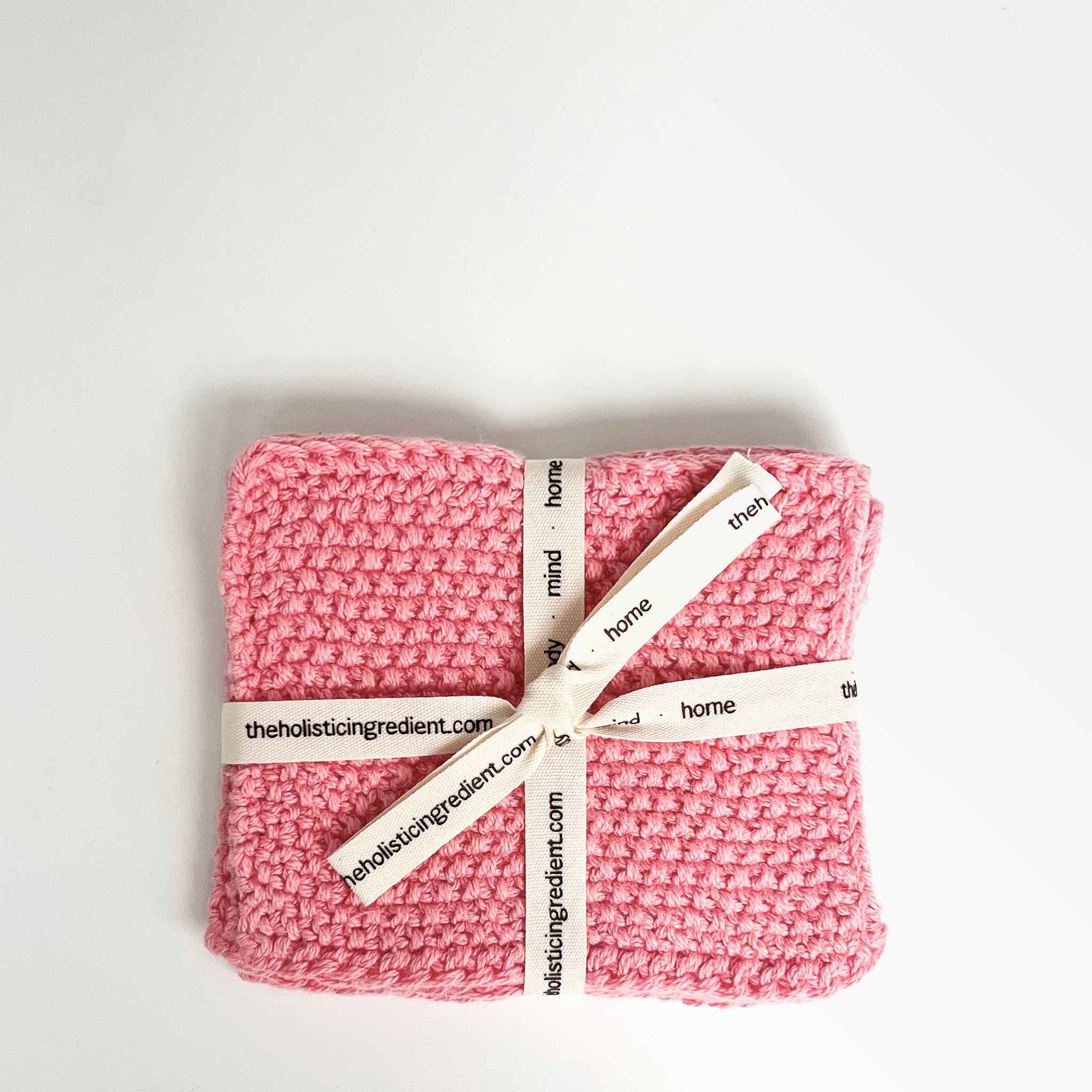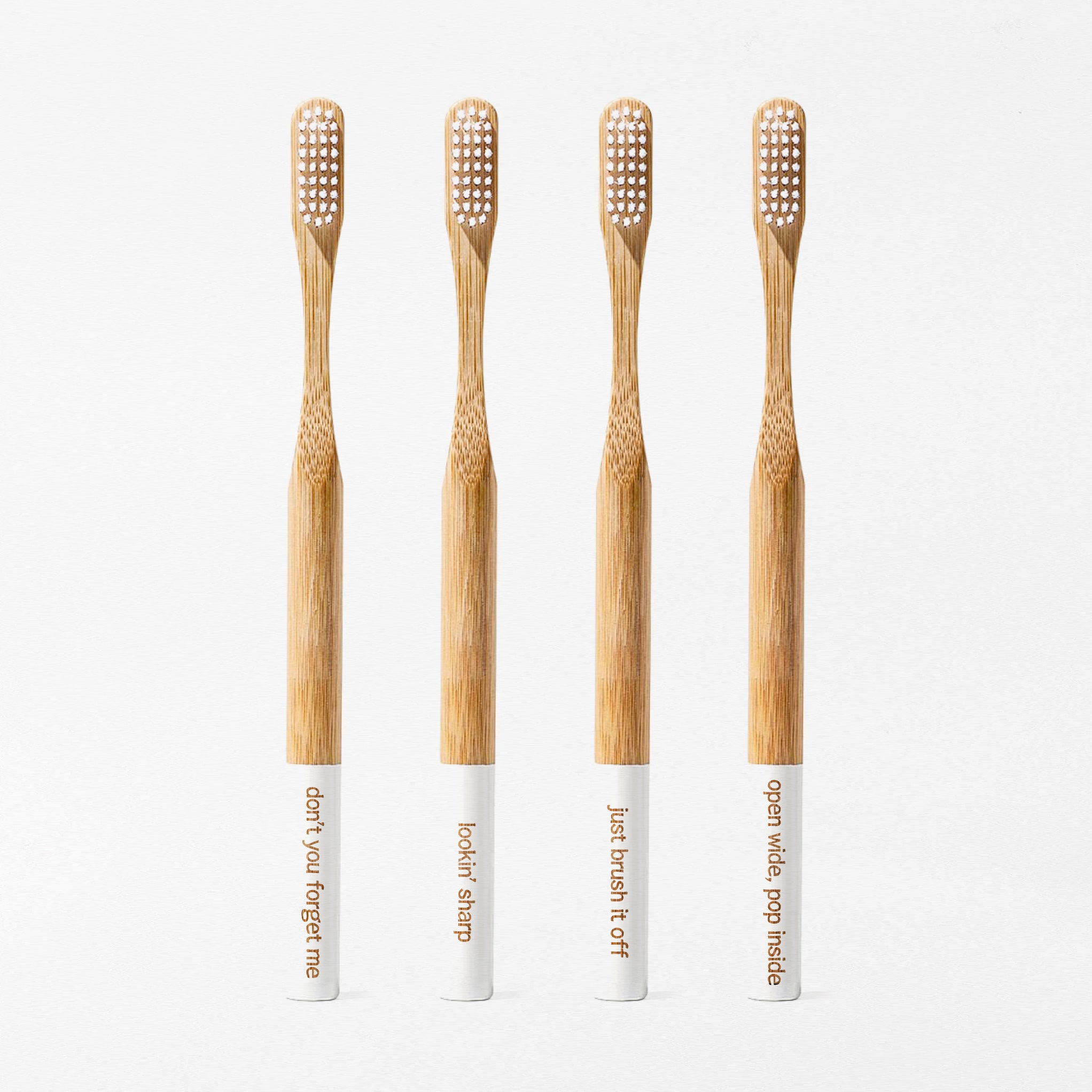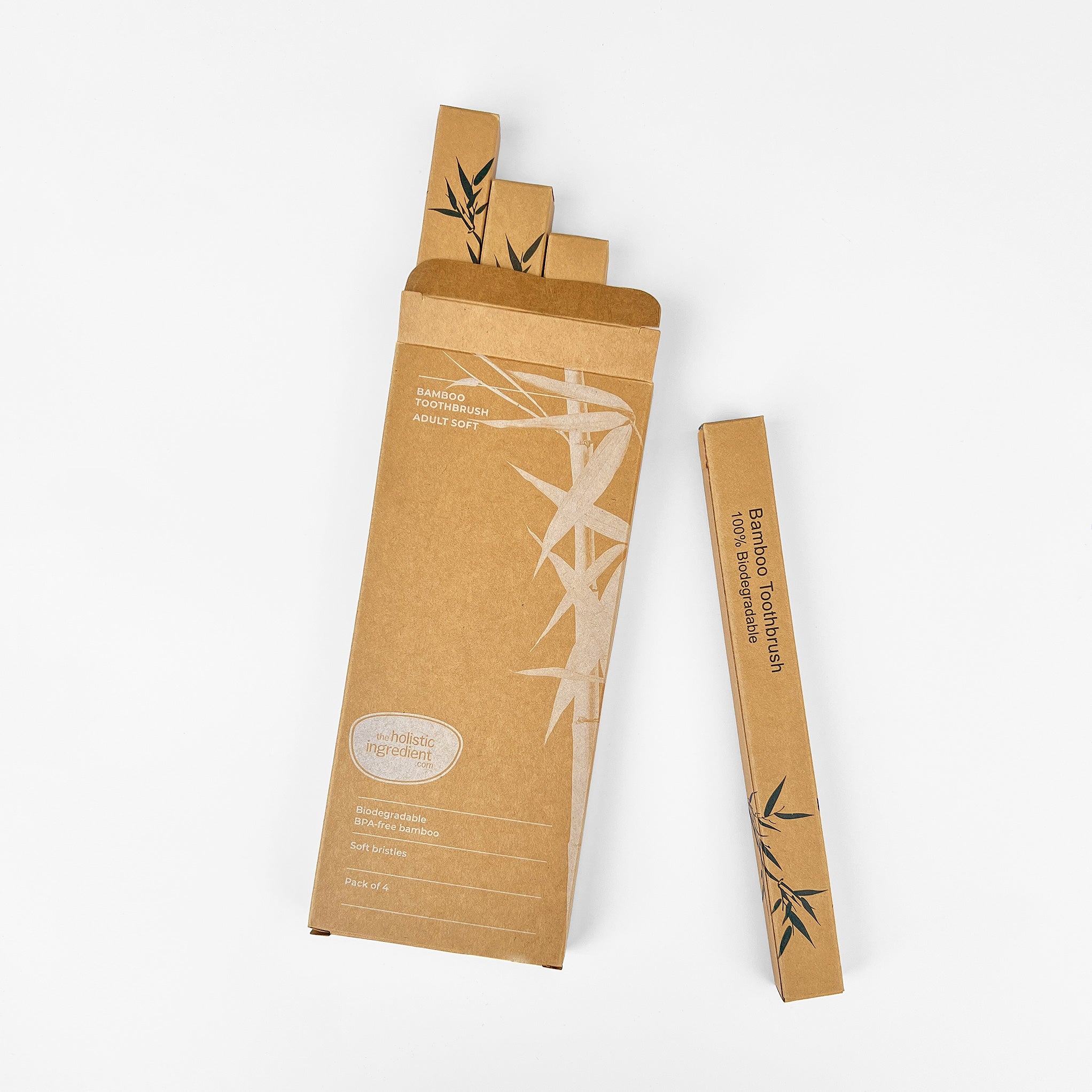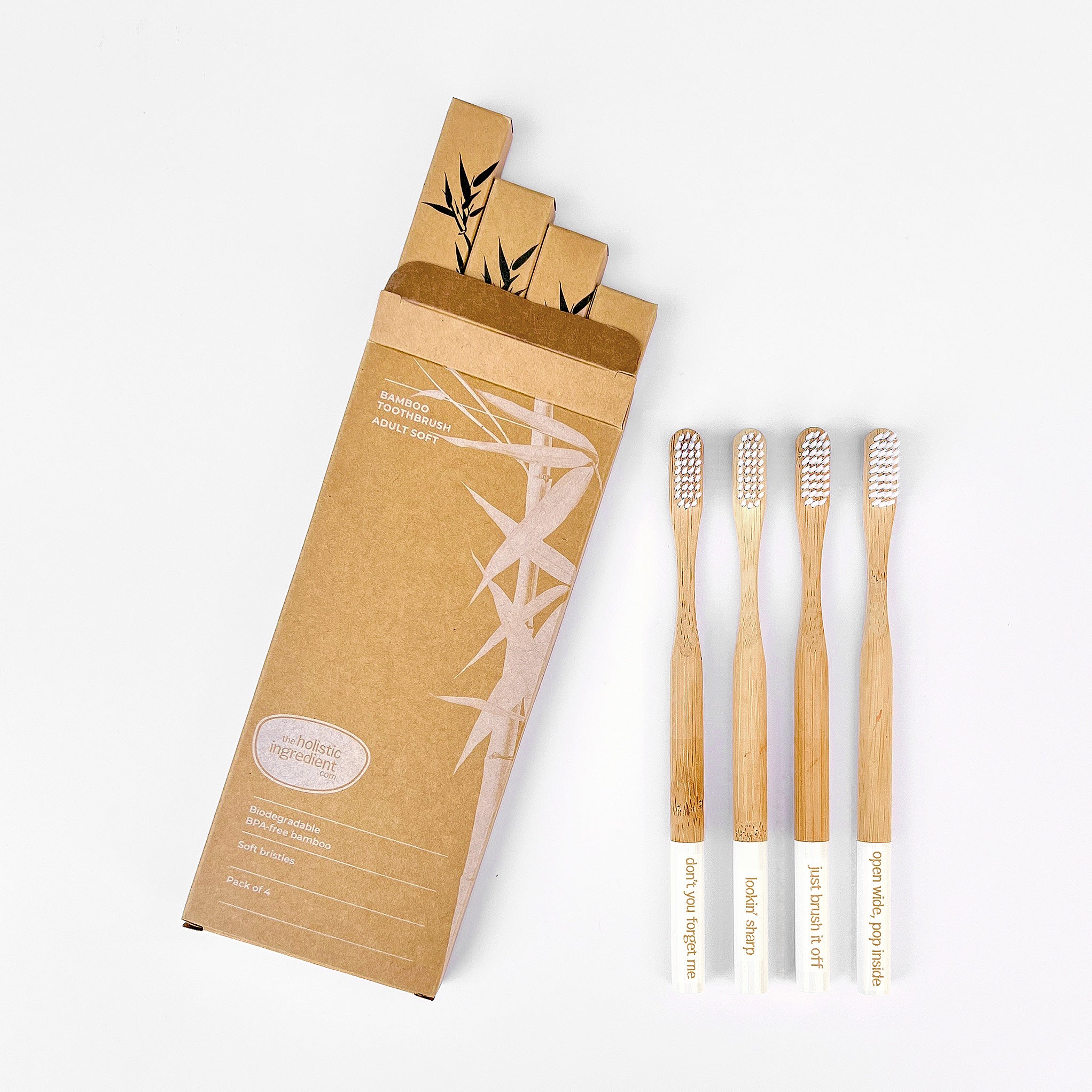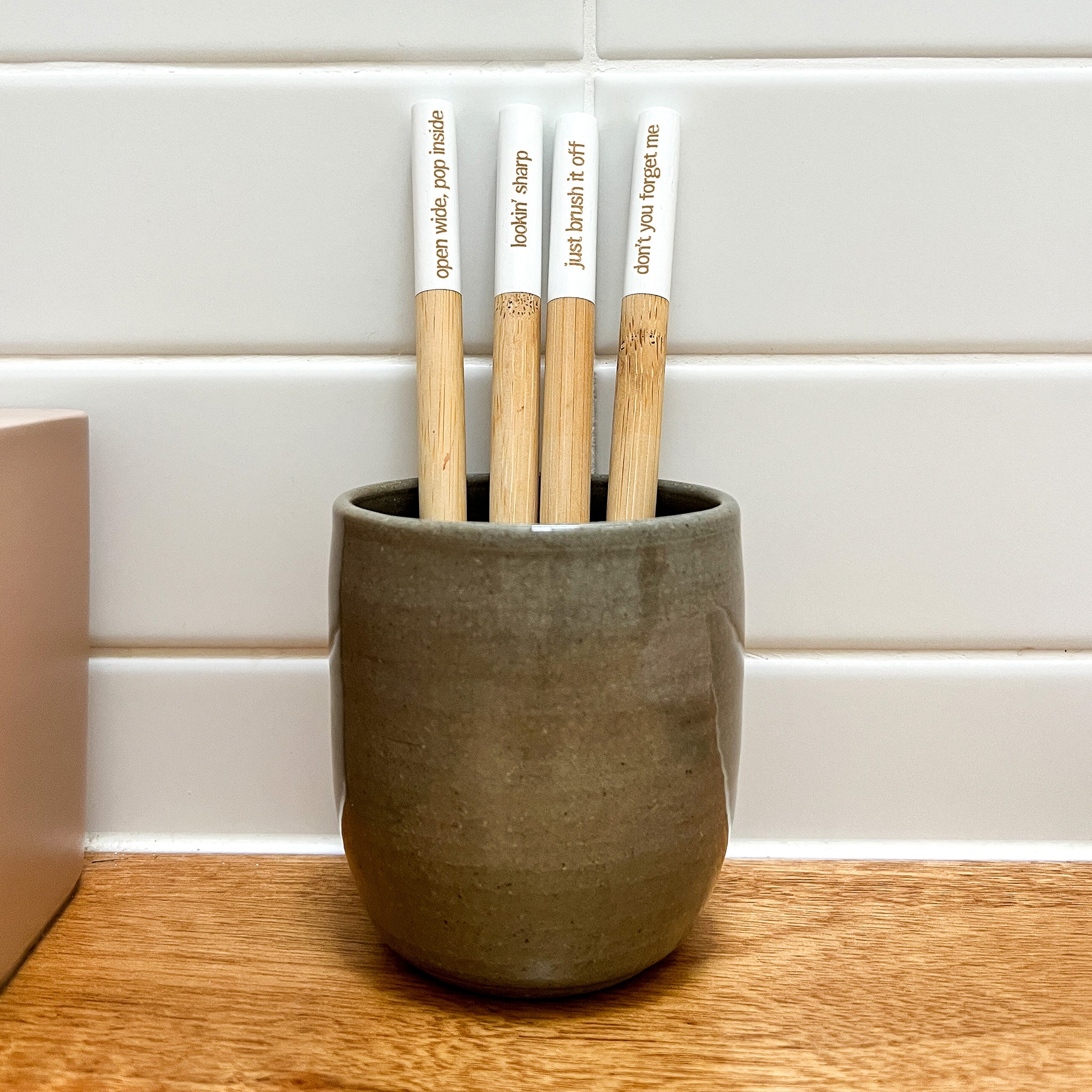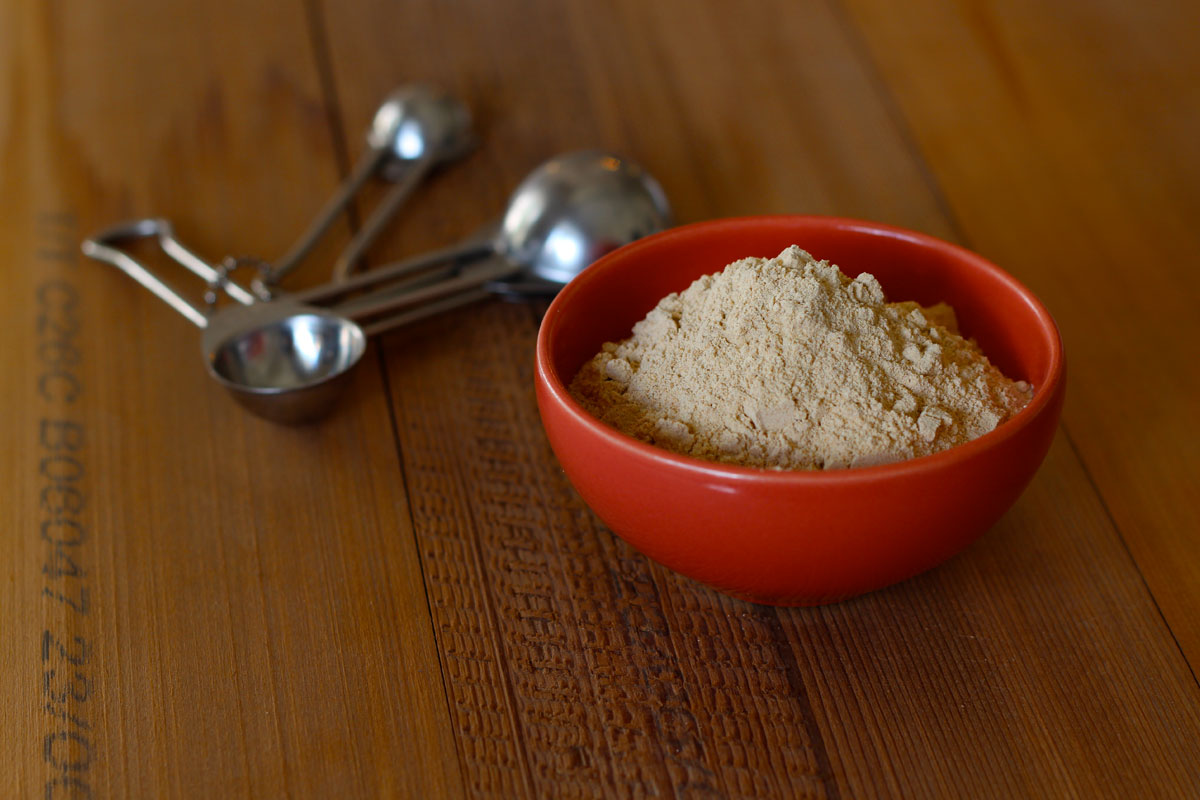
Today I'm excited to announce the commencement of our superfood feature series. We plan on sharing with you those superfoods we hold dearest to our hearts and of course explaining why they are called 'superfoods' at all. And in case you're wondering, superfoods are merely foods that are said to have the highest nutritional value and are therefore typically considered especially beneficial for our health and wellbeing. A blueberry is considered a superfood, as is broccoli. Many superfoods we could harvest quite simply from our back yards, depending of course on our skills in that department ;-)
We have chosen to kick off the series with my second most favourite superfood, maca (which none of us can grow in our backyards, in case you were wondering). I consume energy boosting maca every day for a period of time, such as a month, have a month off and then resume again (it's good to give our bodies a break). I may be in the minority here, but I absolutely love the flavour. I've also had chronic energy issues making it a no brainer of an addition to my daily diet.
What is maca?
Maca also known as Lepidium meyenii, is an herbaceous plant native to Peru's Central Highlands. A staple of the Peruvian diet, Maca is a unique vegetable that produces a radish-like root, related to the potato family. Eaten either raw or cooked, Maca is widely considered a superfood known for it's high micronutrient power.
Why maca is good for you.
Maca powder benefits are many!
Raw organic maca is an 'adaptogen'. An adaptogen serves to stabilise physiological processes and helps create homeostasis in the body. Maca in particular, serves to boost energy levels and fight stress and is called the energising and revitalising superfood of the Incas. Revered for its aphrodisiac qualities and ability to promote stamina and endurance, Maca also offers wide-ranging benefits to the hormonal system. A great addition to your diet if your suffer from PMS or menopausal symptoms. Maca is often referred to as "nature's Viagra" in that it can boost libido and sexual performance.
Maca is rich in calcium, magnesium, phosphorous (all to prevent osteoporosis), potassium, sulfur, sodium, and iron. It is also rich in antioxidants and vitamins B1, B2, B12 (for good nerve function, energy and endurance), C and E. The high B vitamin content makes this super food popular with athletes or for those who look to a natural boost pre-workout.
According to David Wolfe, Maca can be of benefit if you suffer from:
- Anaemia
- Chronic fatigue
- Depression
- Hormonal imbalances, infertility, lack of libido, hormonal influenced acne
- Menopausal symptoms
- Menstrual discomfort and disorders
- Poor memory, poor mental acuity
- Stress tension
- Tuberculosis
How to include maca in your diet.
Maca has a light, nutty and earthy flavour, which is great in soups, smoothies, muffins, bars or sprinkled over cereal. To be honest, a very common dessert for me is unsweetened greek yoghurt sprinkled with maca and a few berries - as simple as that. Recently Chinese Medicine Practitioner Dr Nat Kringoudis shared her love for maca in the Super Fertile Slice. You can also check out ALL of the THI recipes that include maca, or find superfood recipe inspiration galore in the eBook A Nourishing Kitchen.
Where to buy maca.
You can purchase my Organic Raw Maca Powder here.
Note: it is my understanding that maca promotes fertility but should not be taken by pregnant women, as always please do consult your healthcare practitioner.
As you can see, there are oodles of maca powder benefits and therefore reasons for you to include it into your diet. What's your favourite way to include it?


